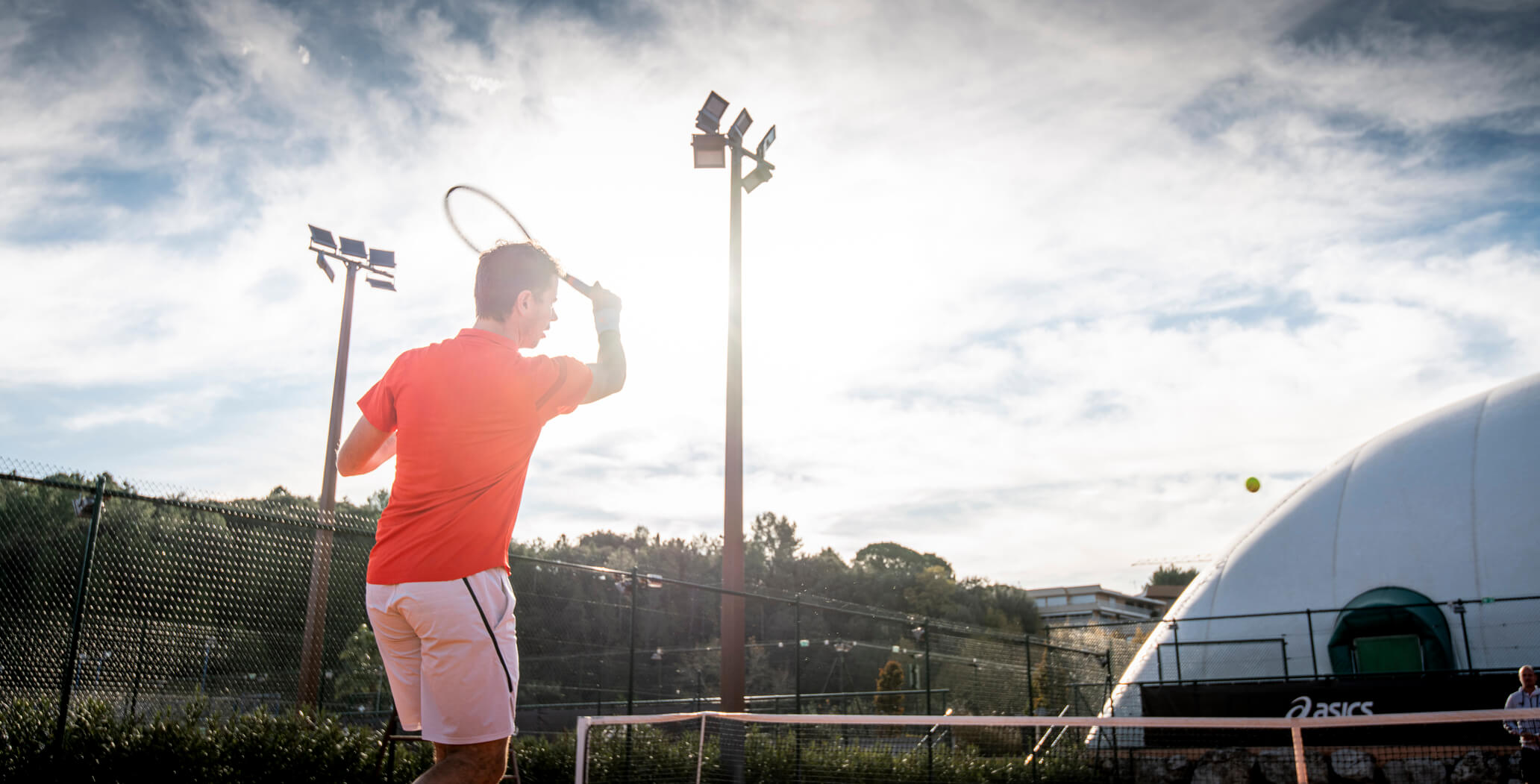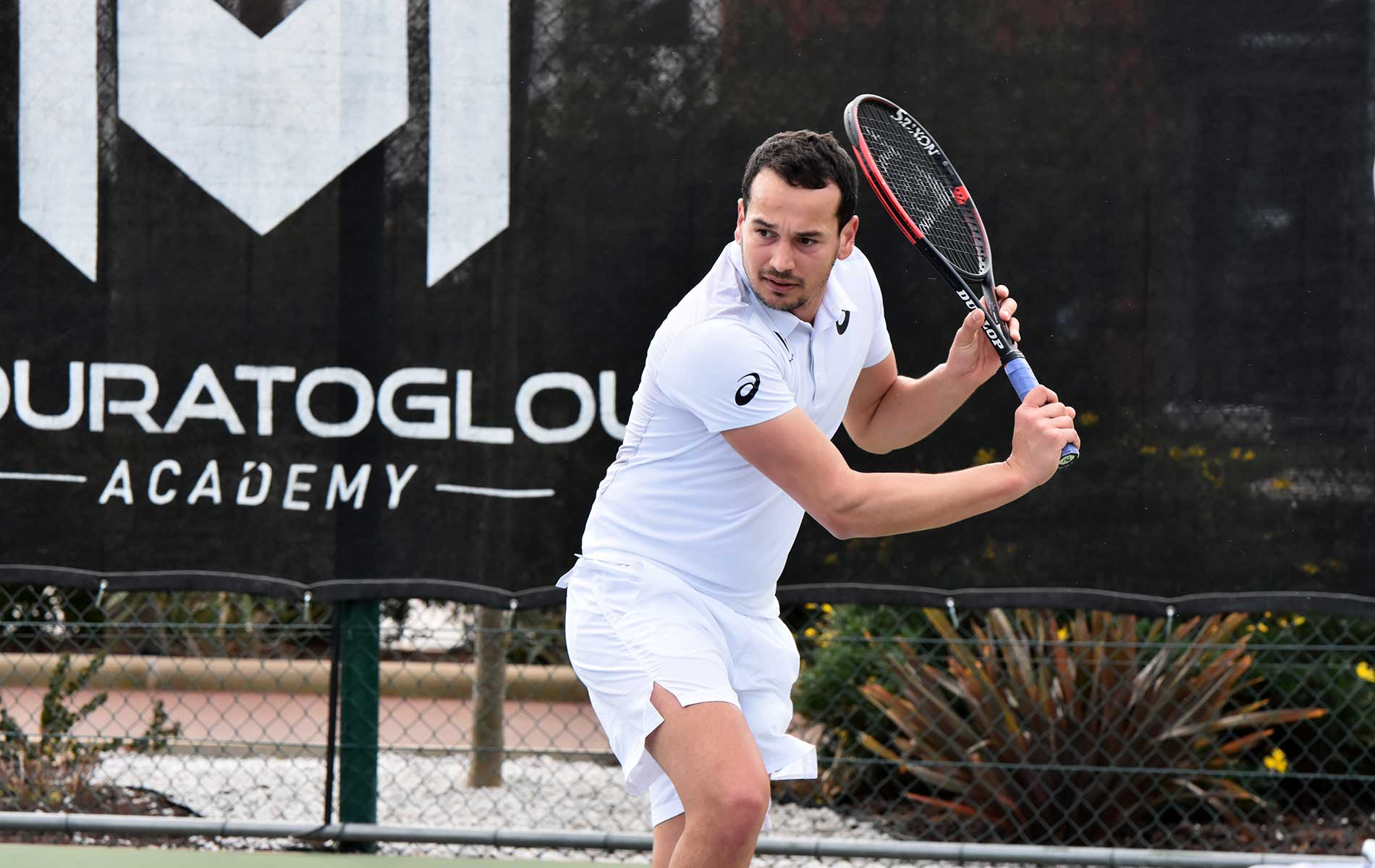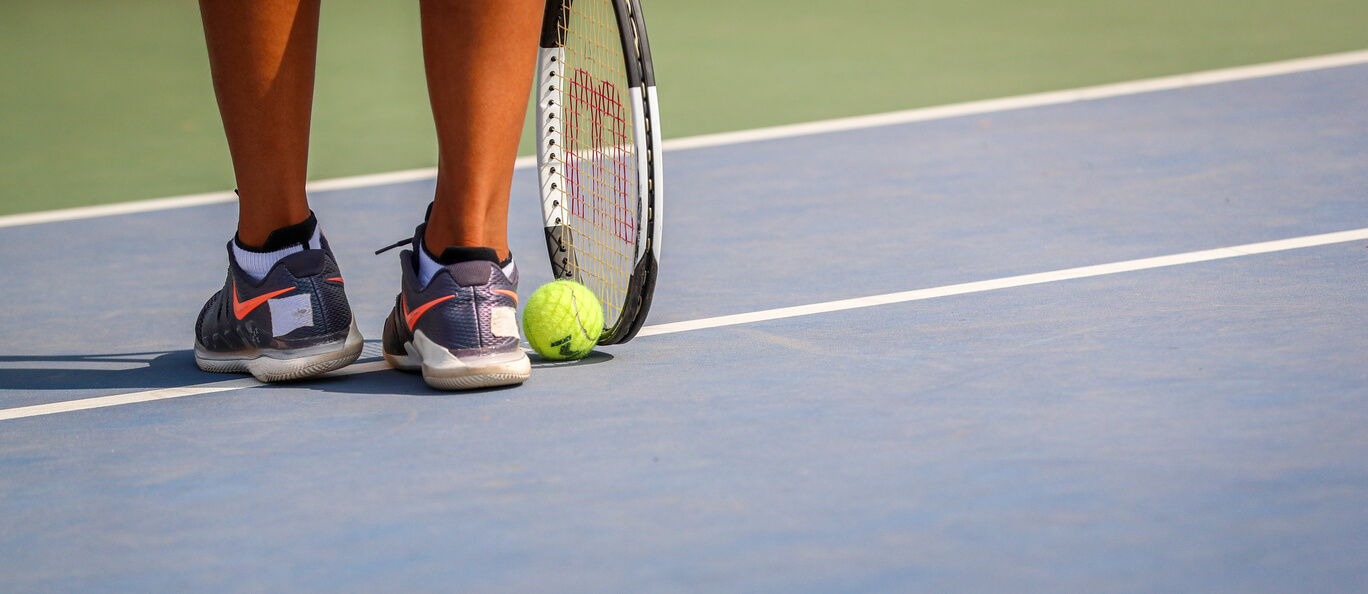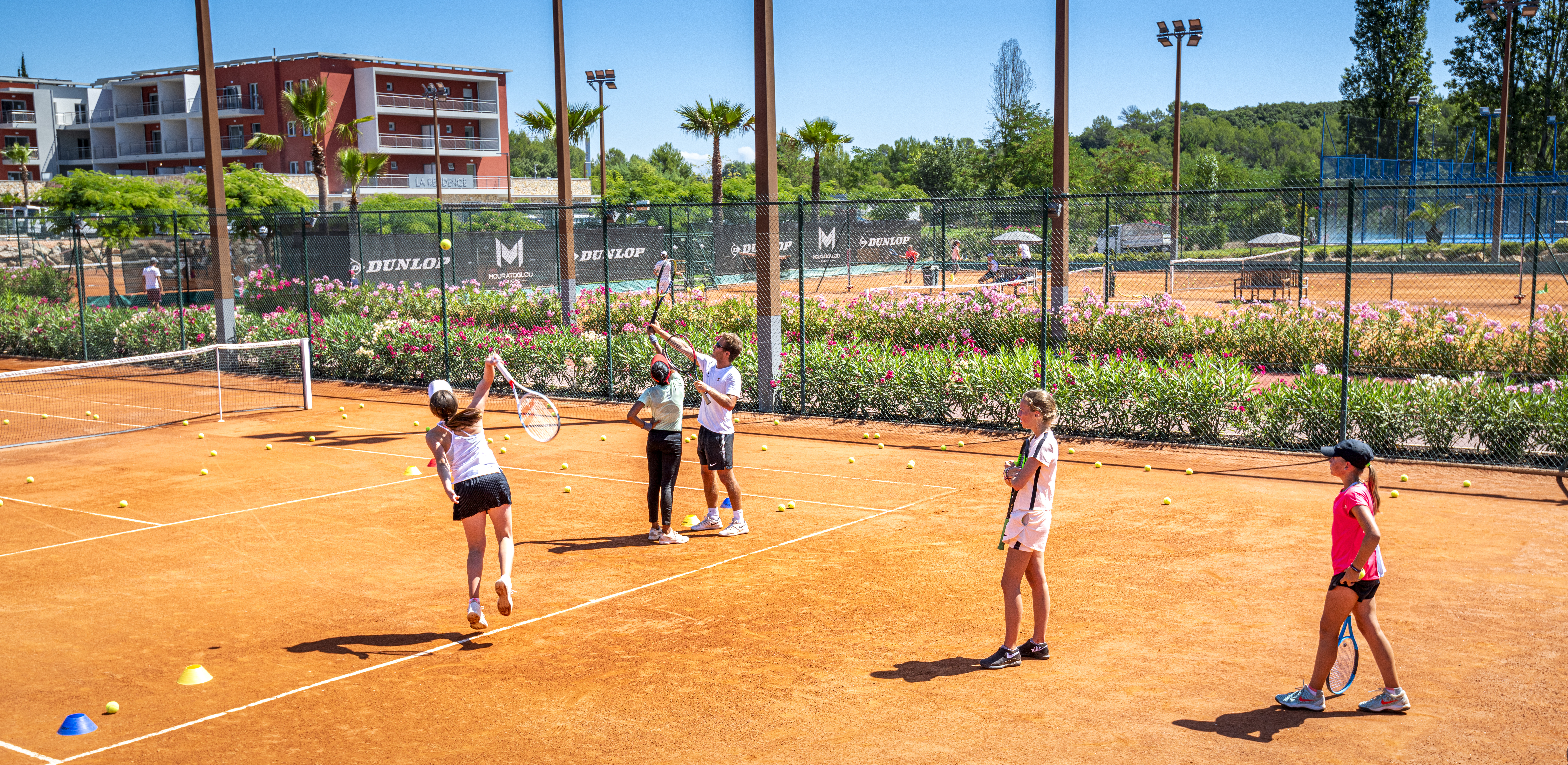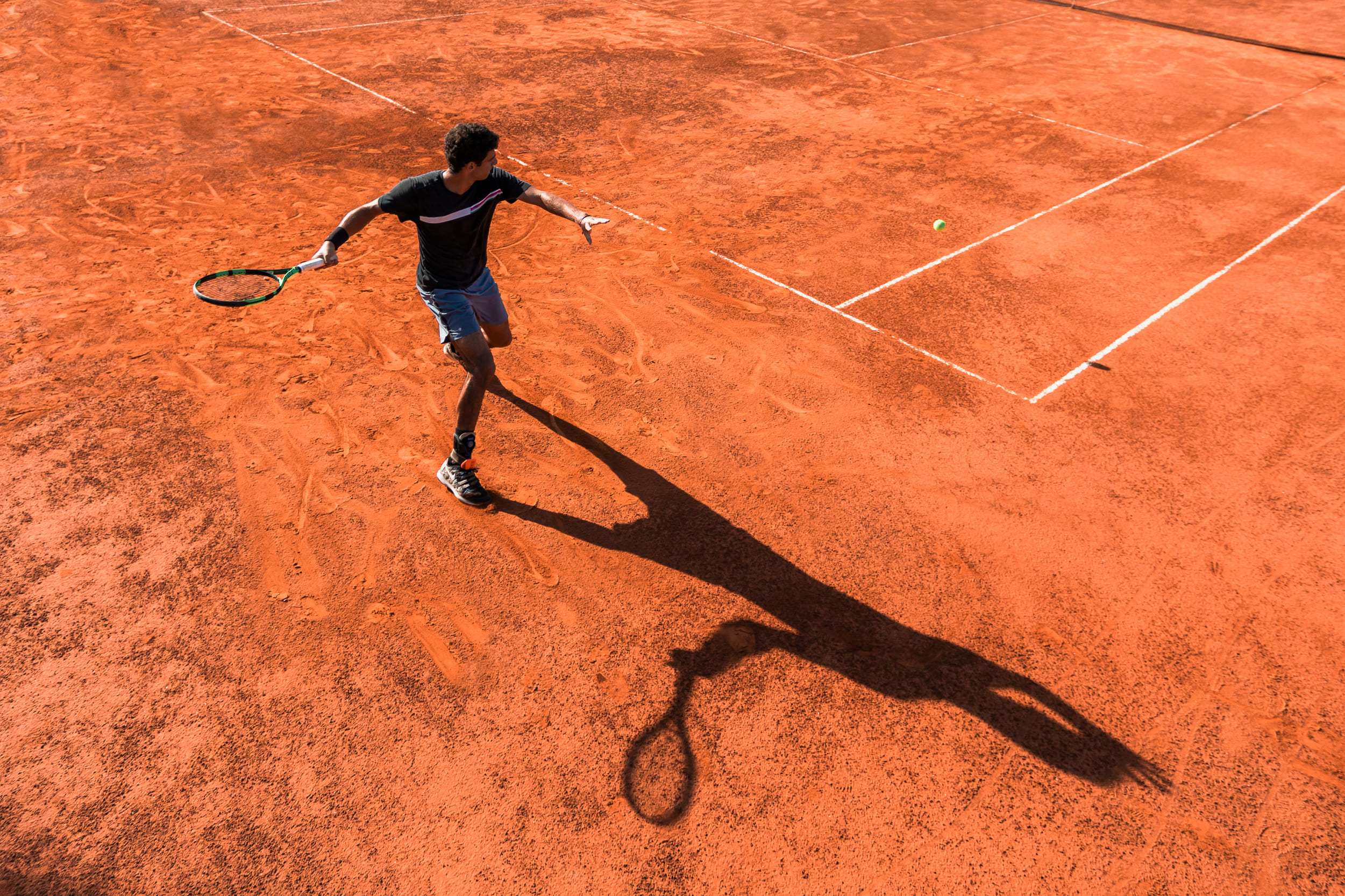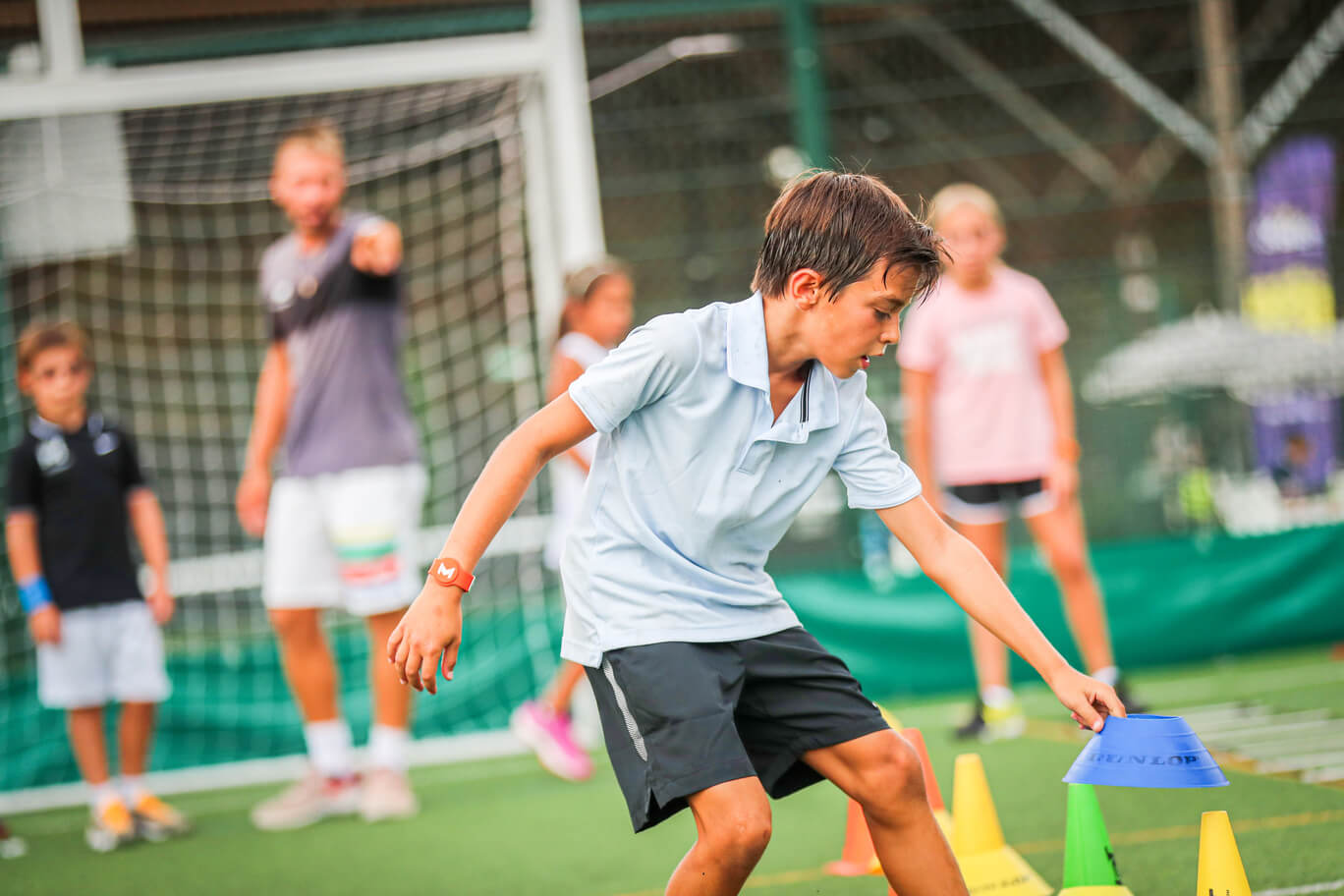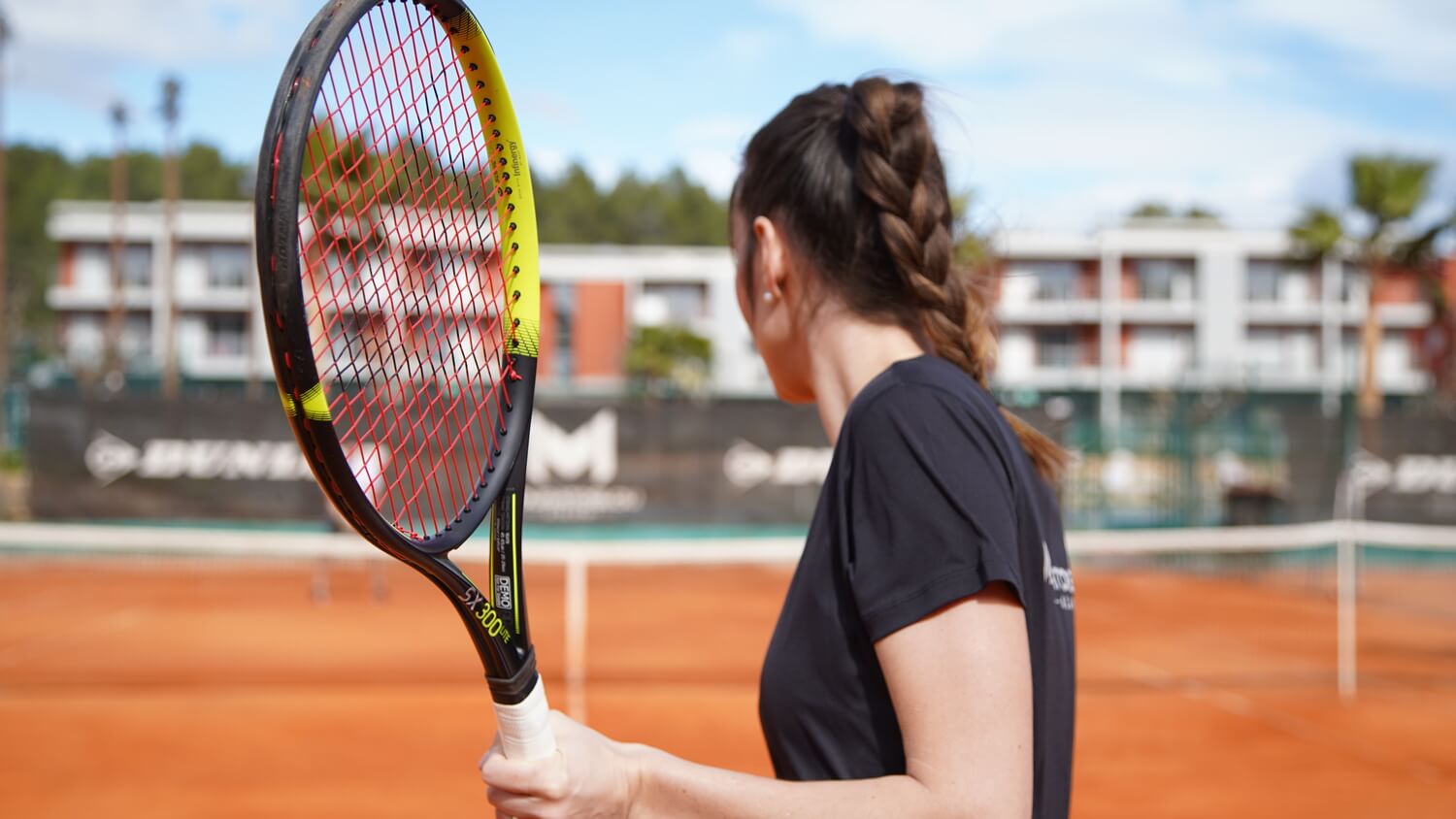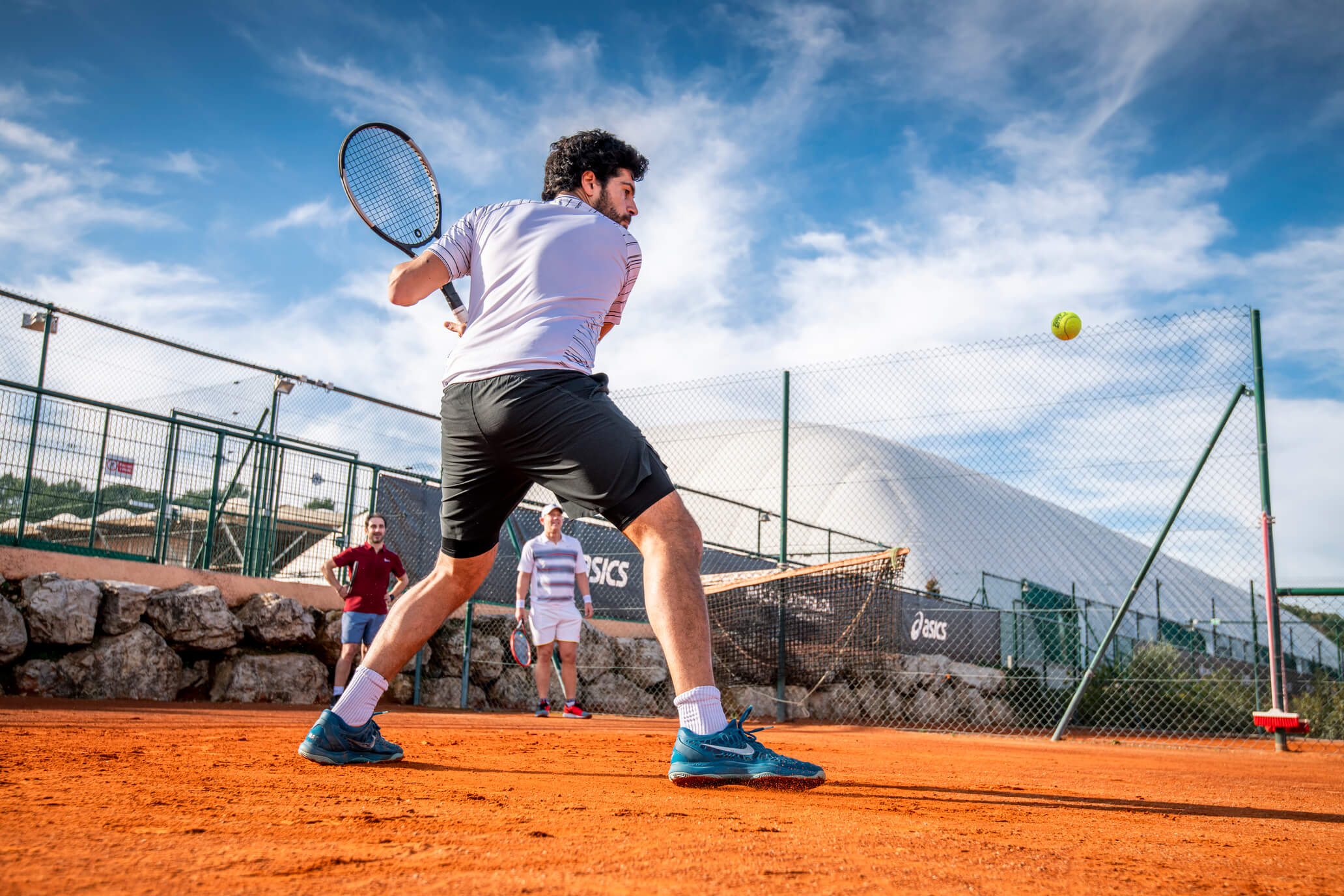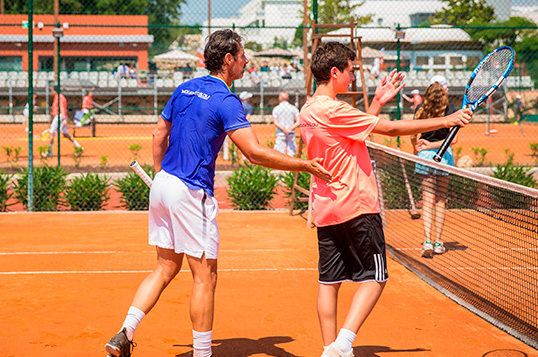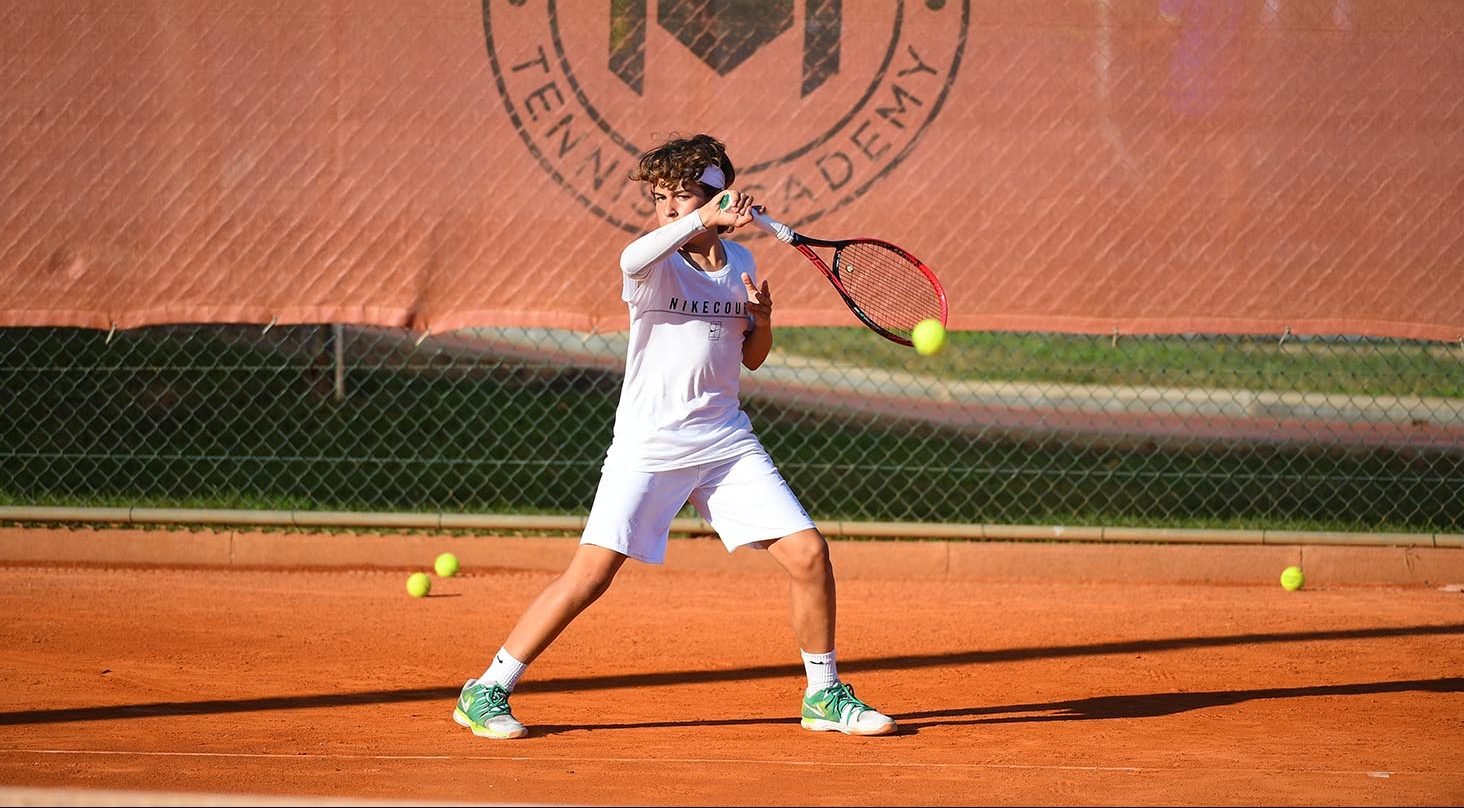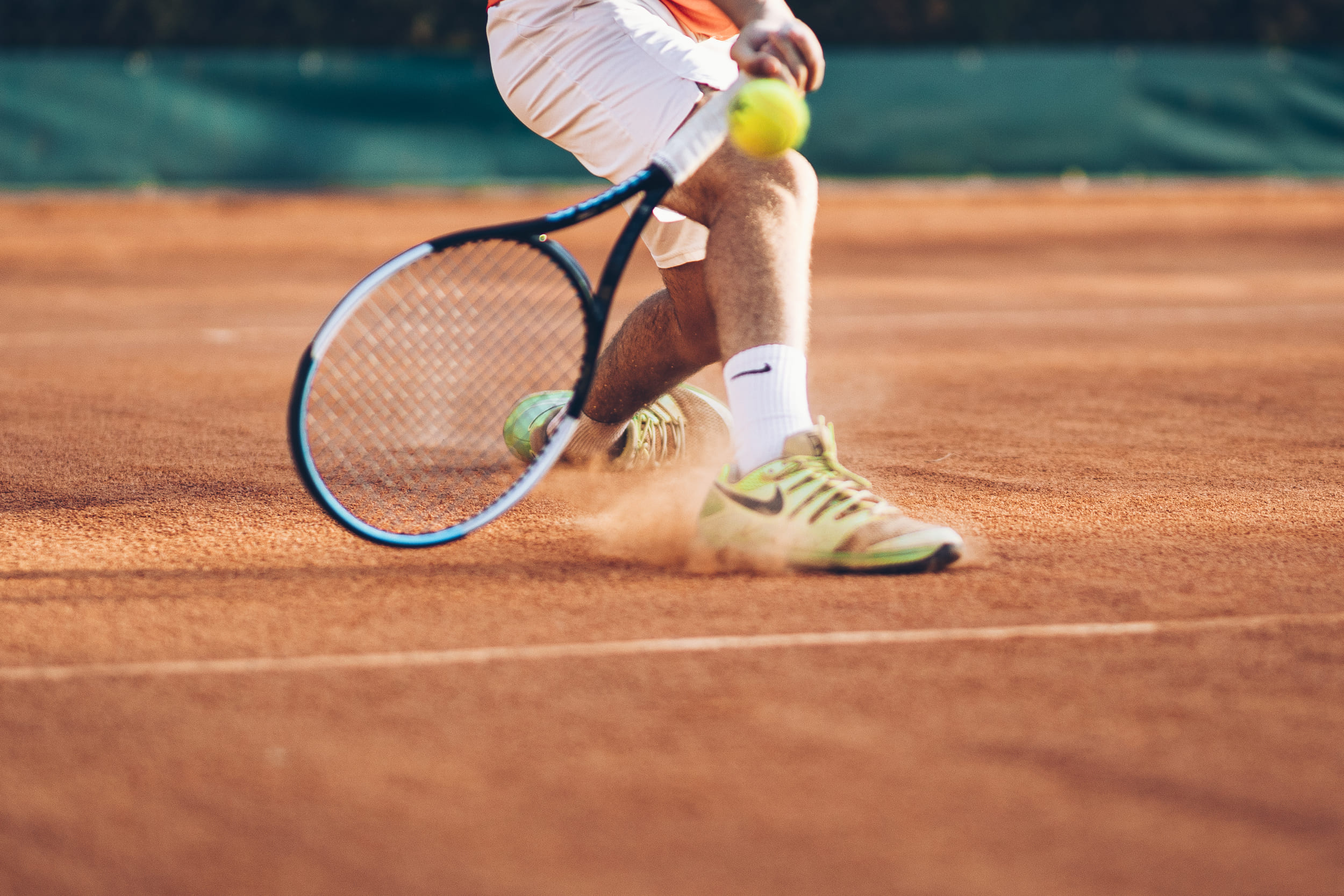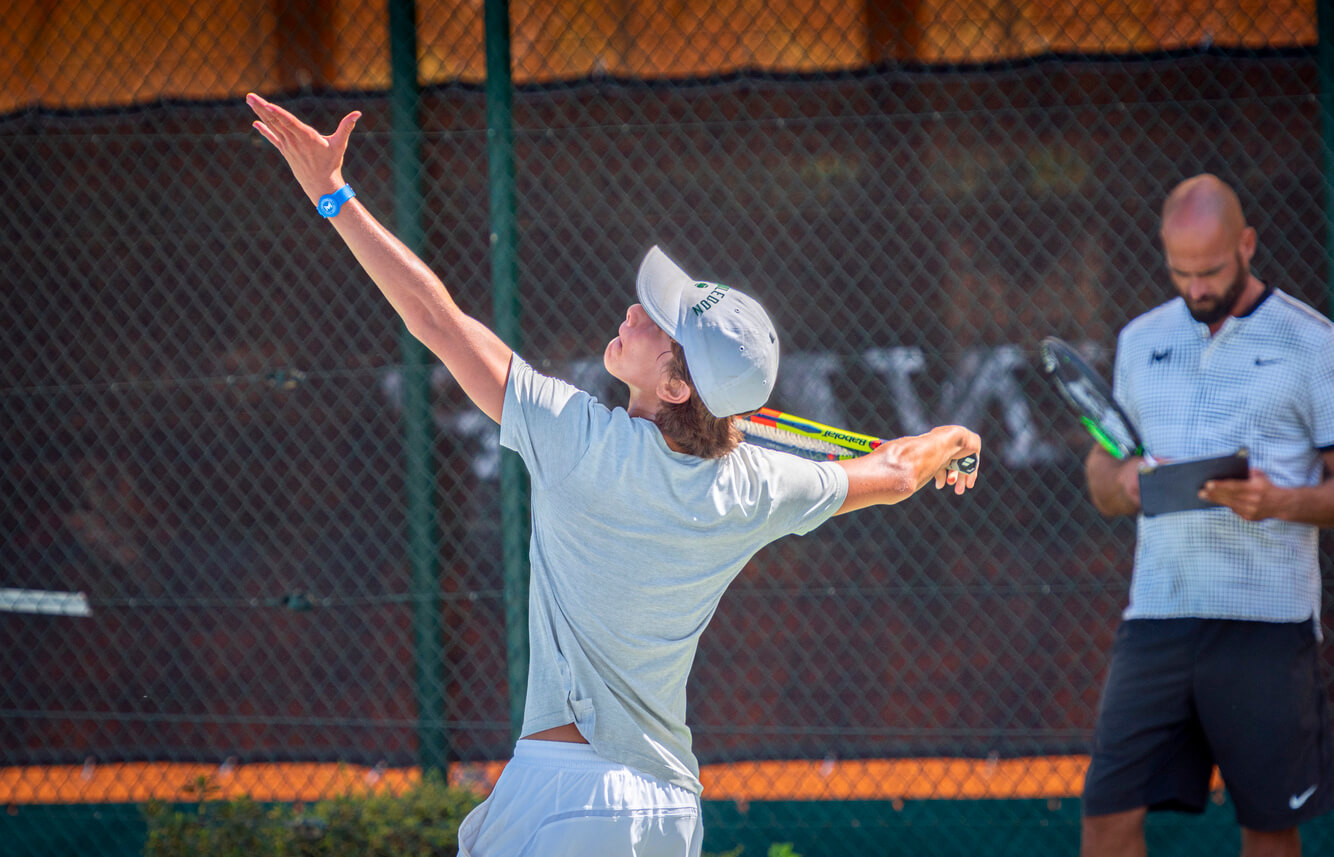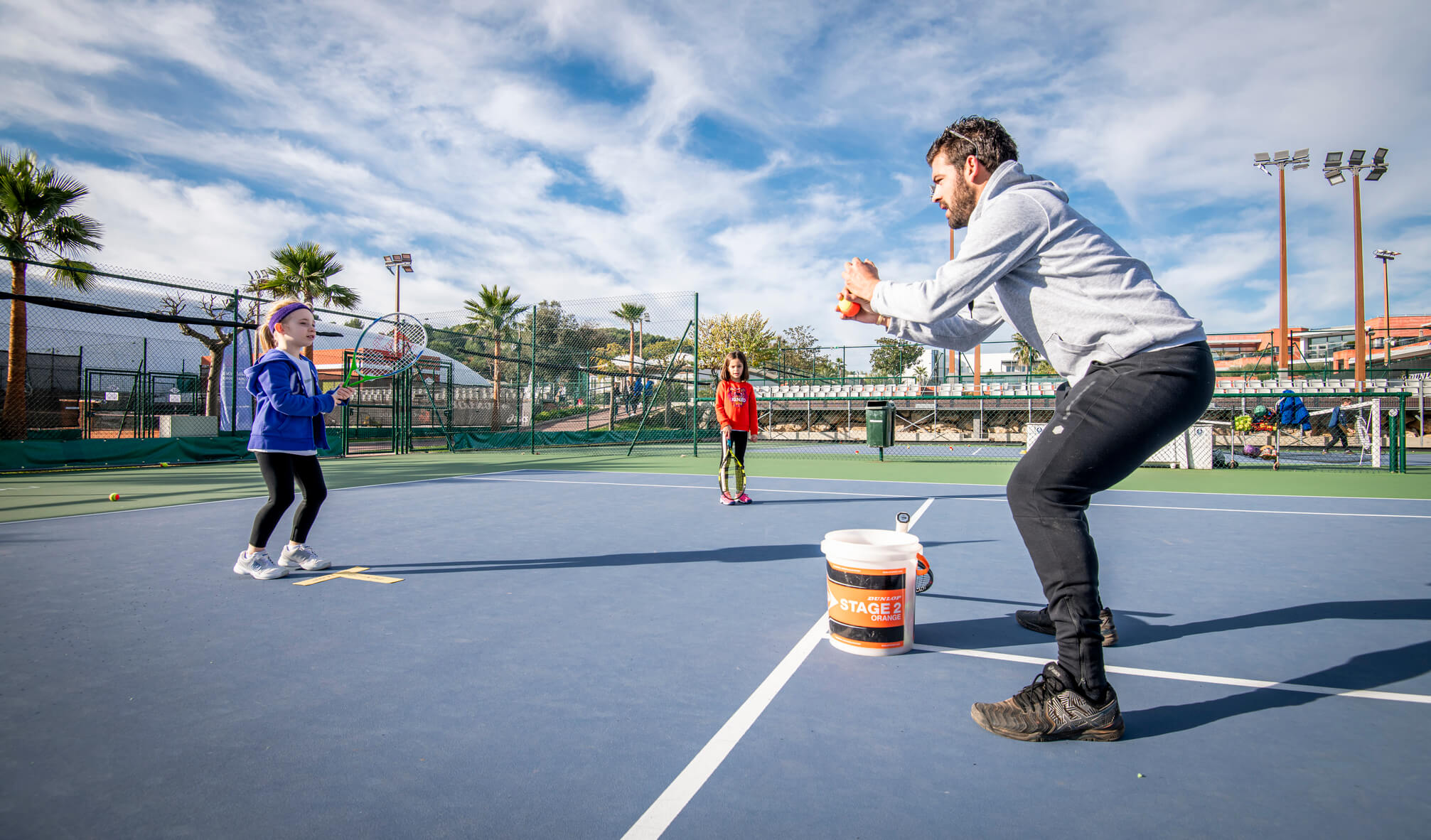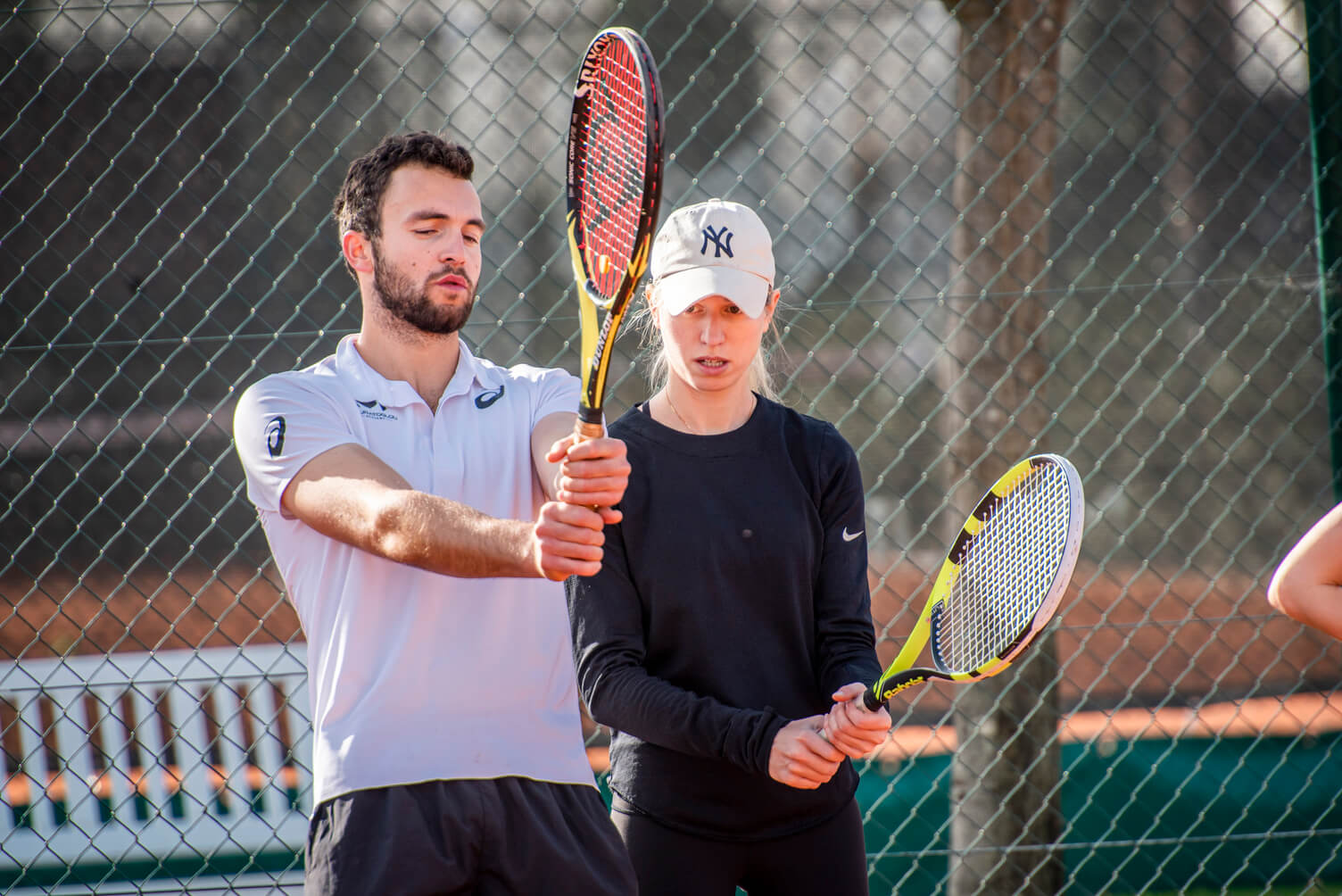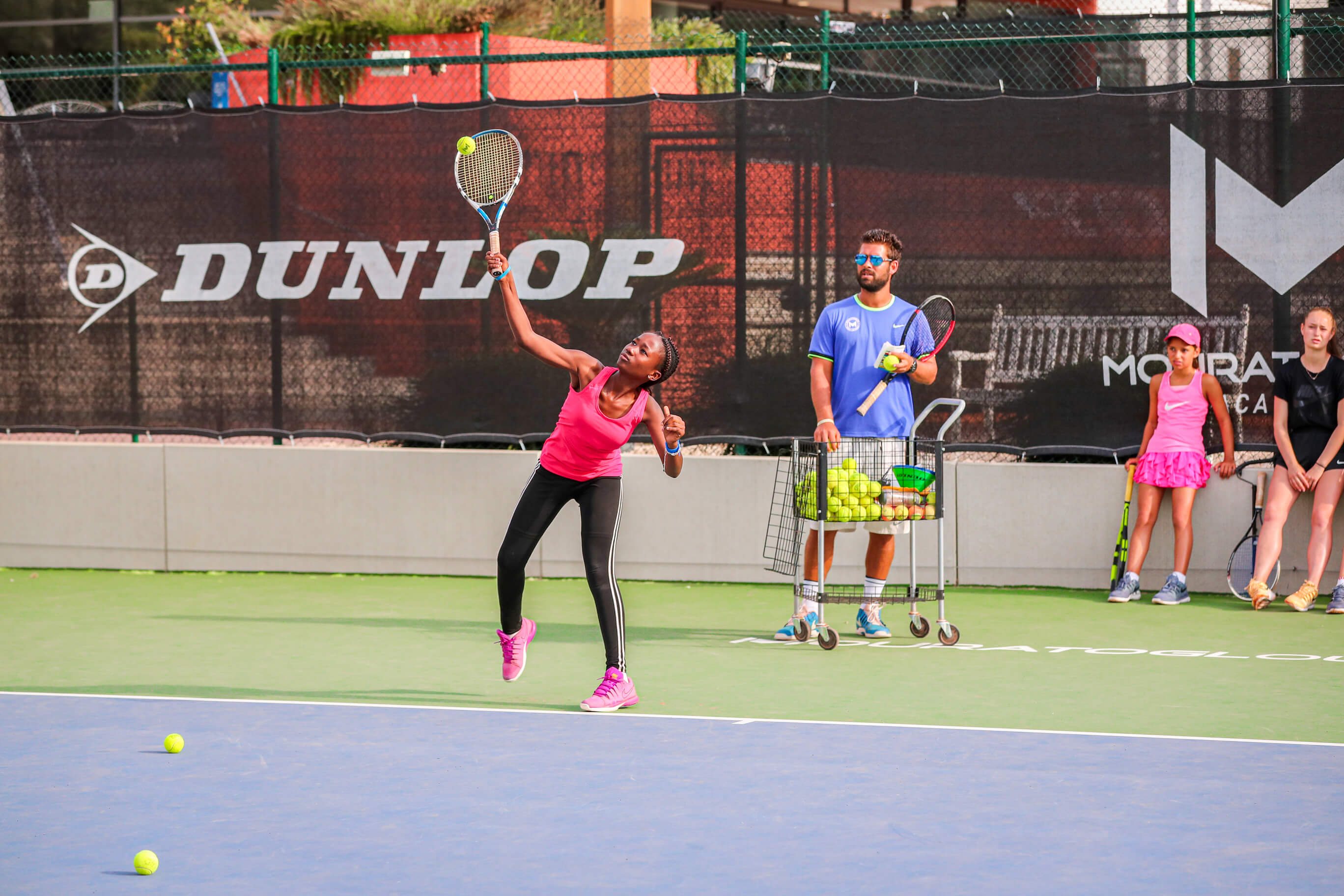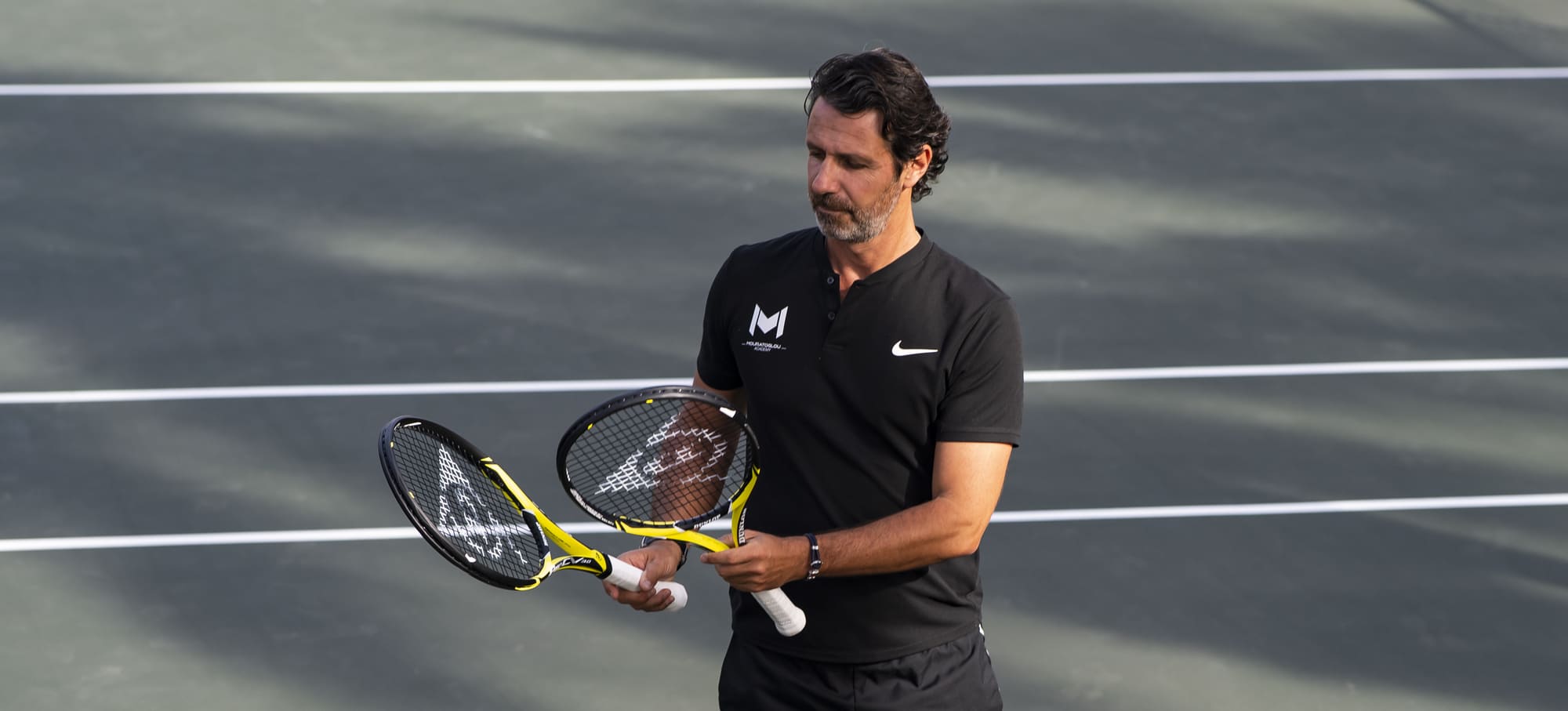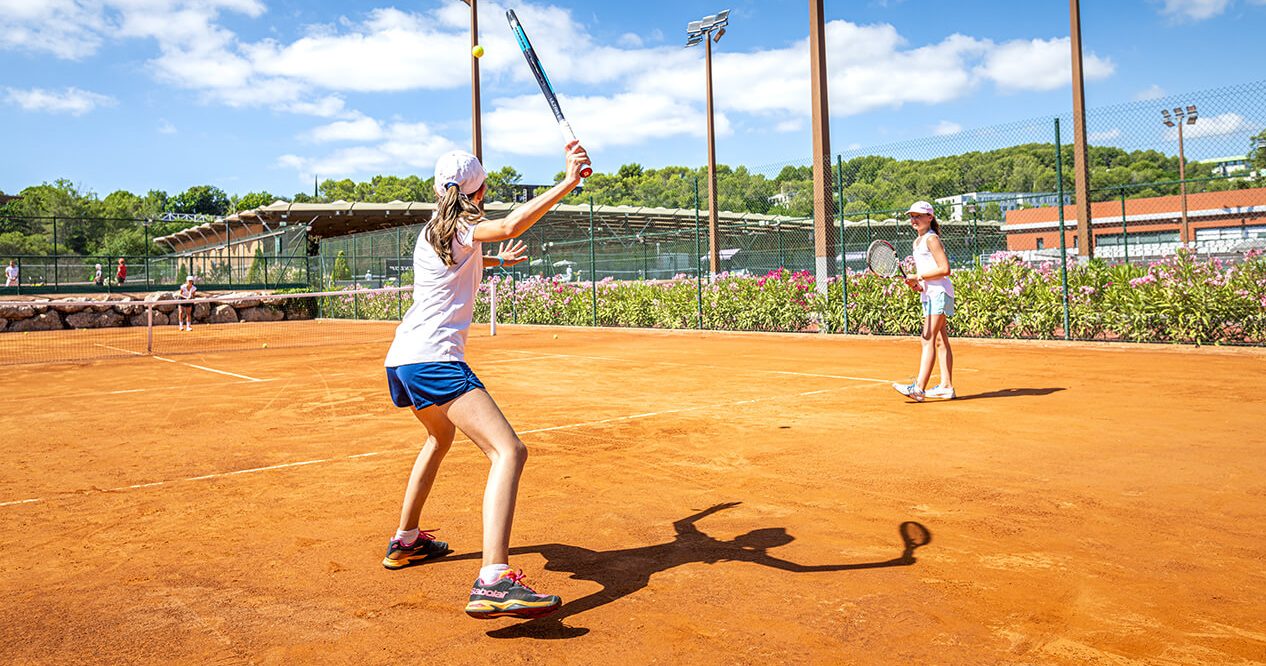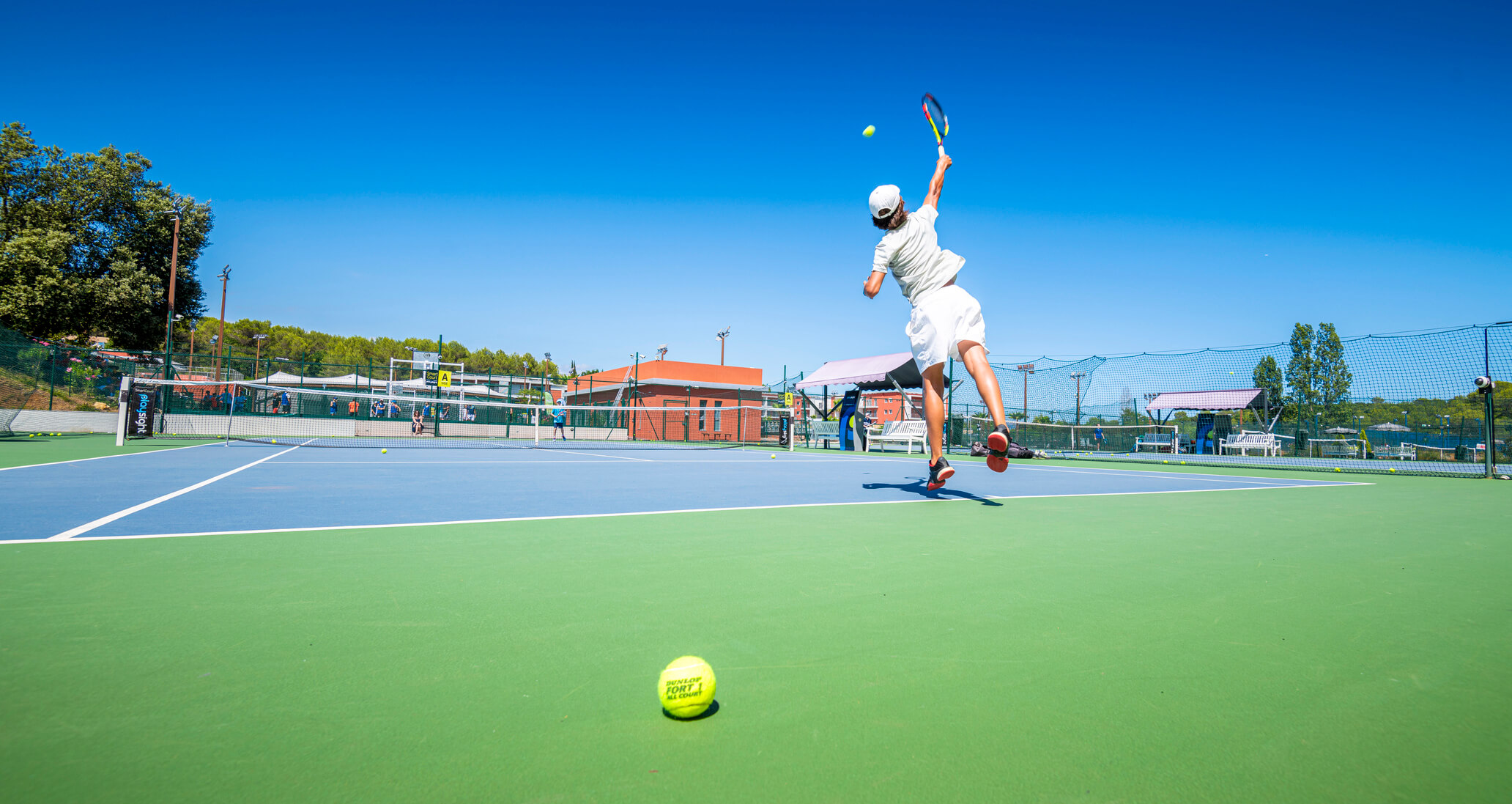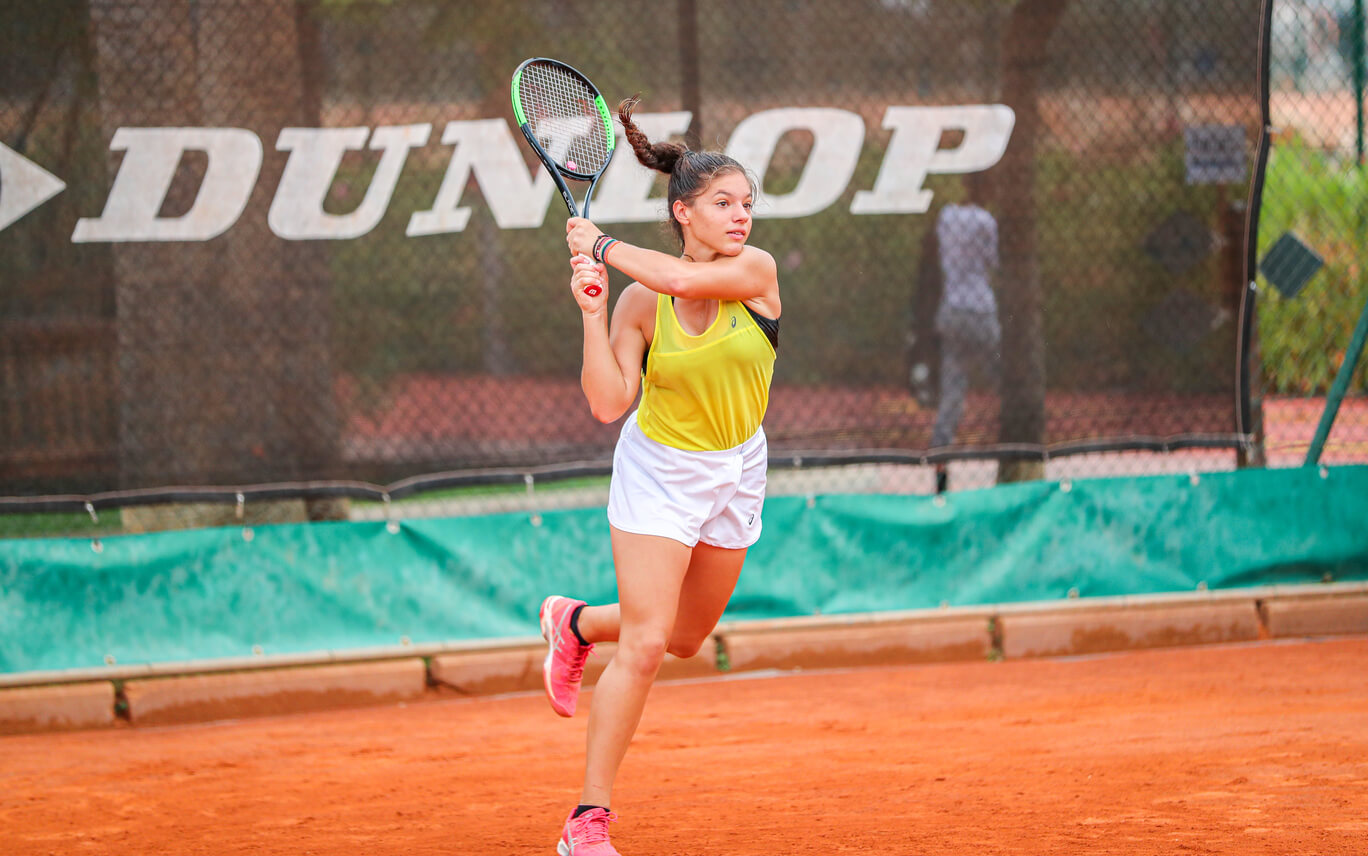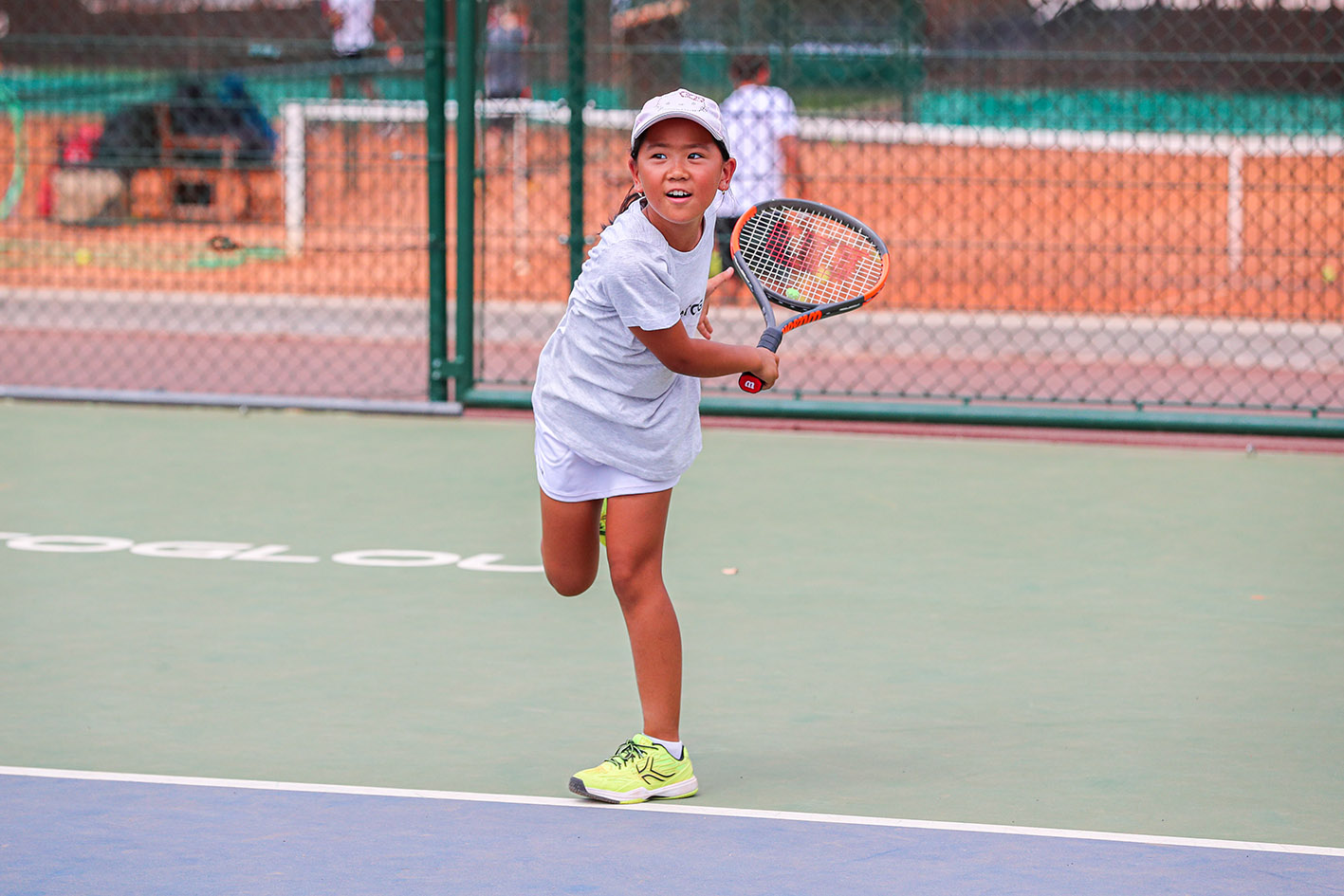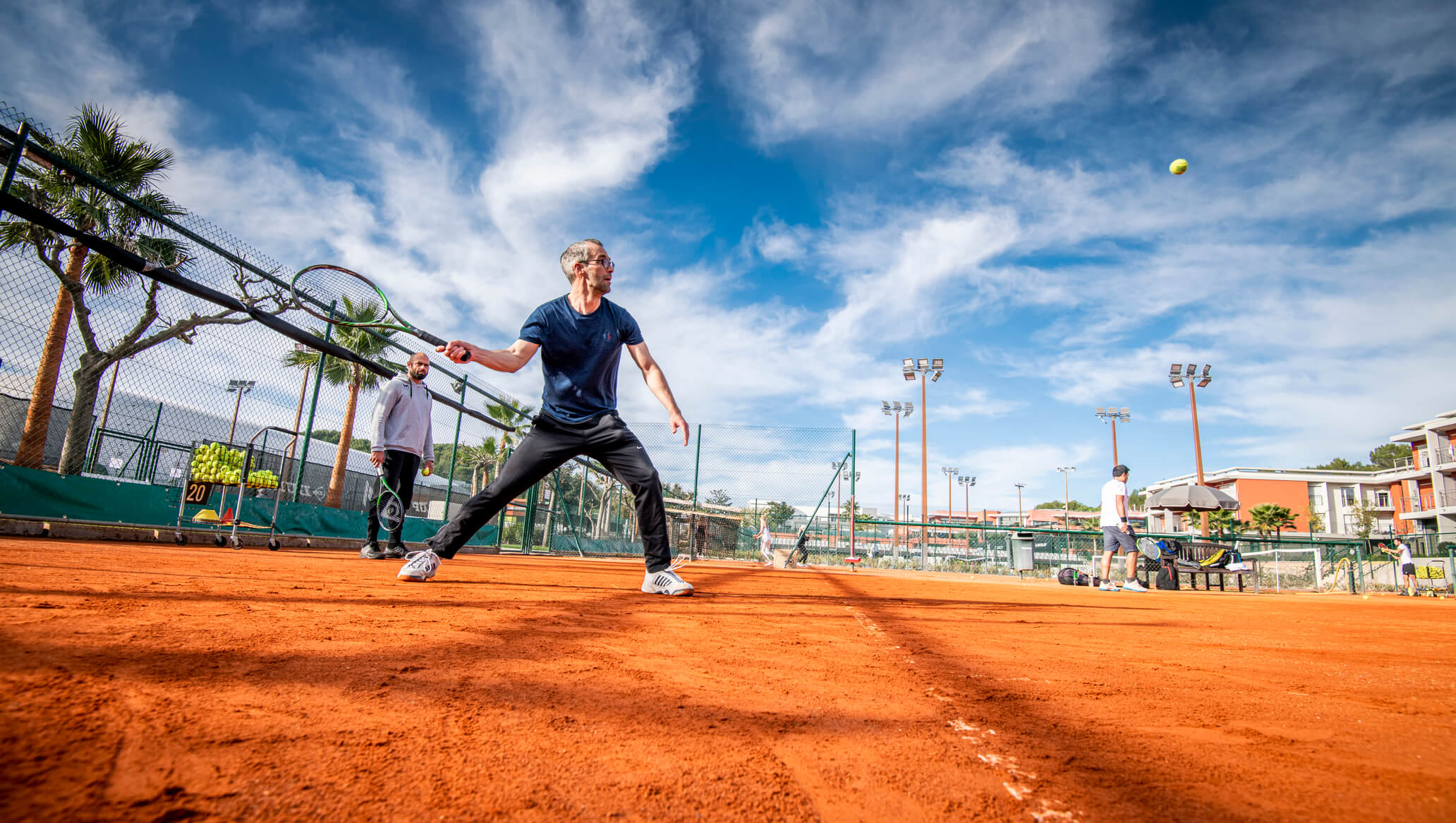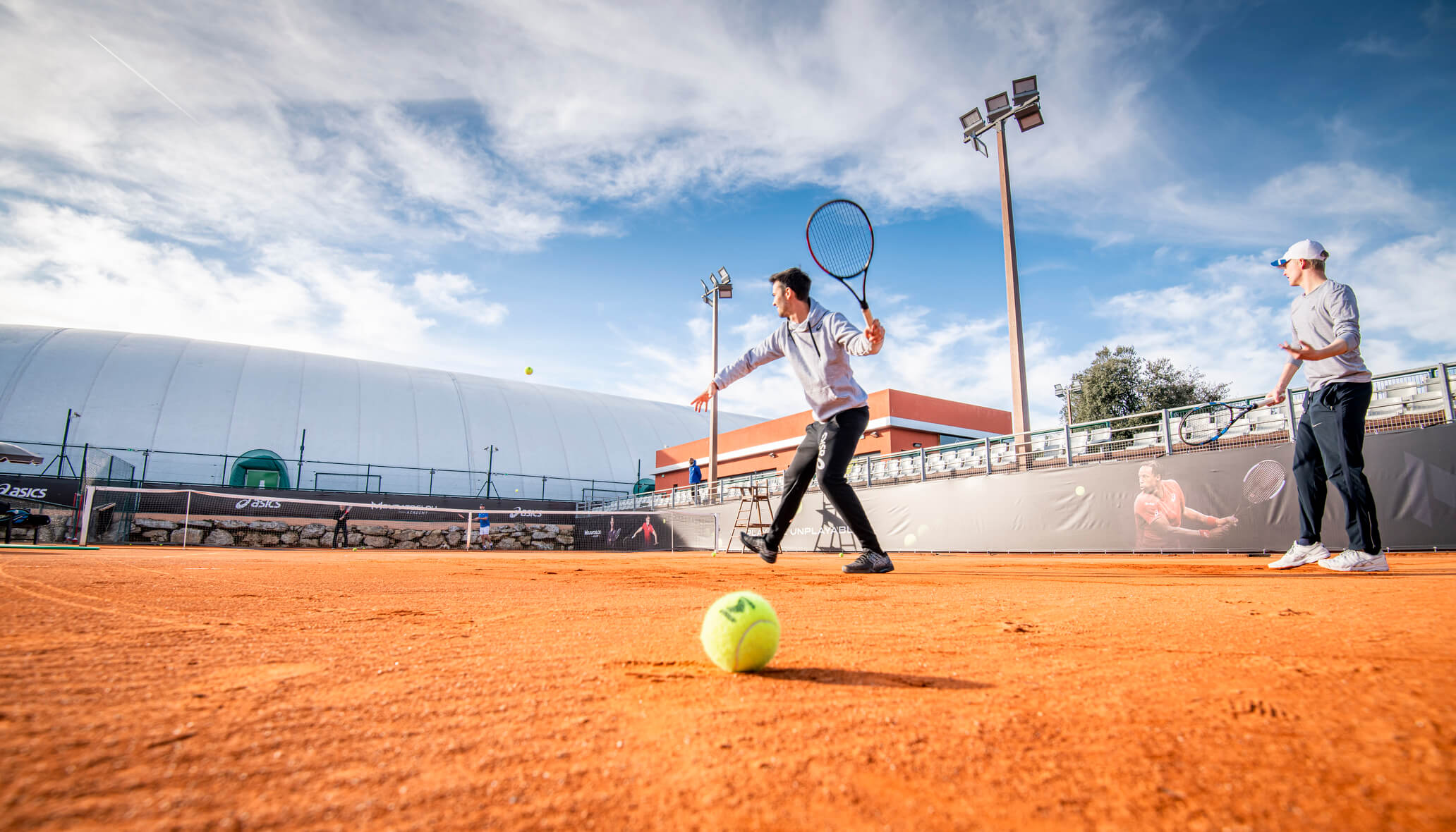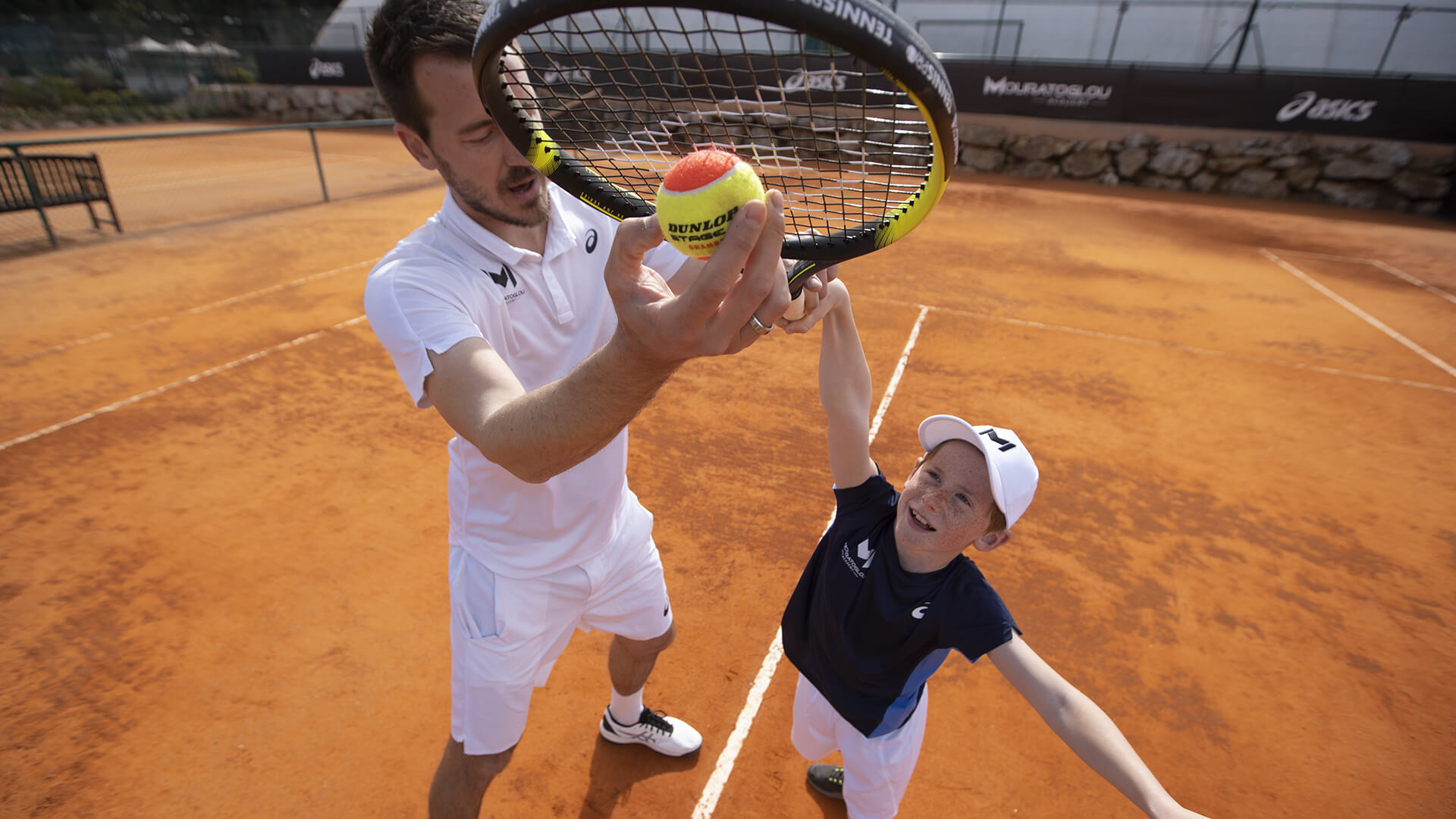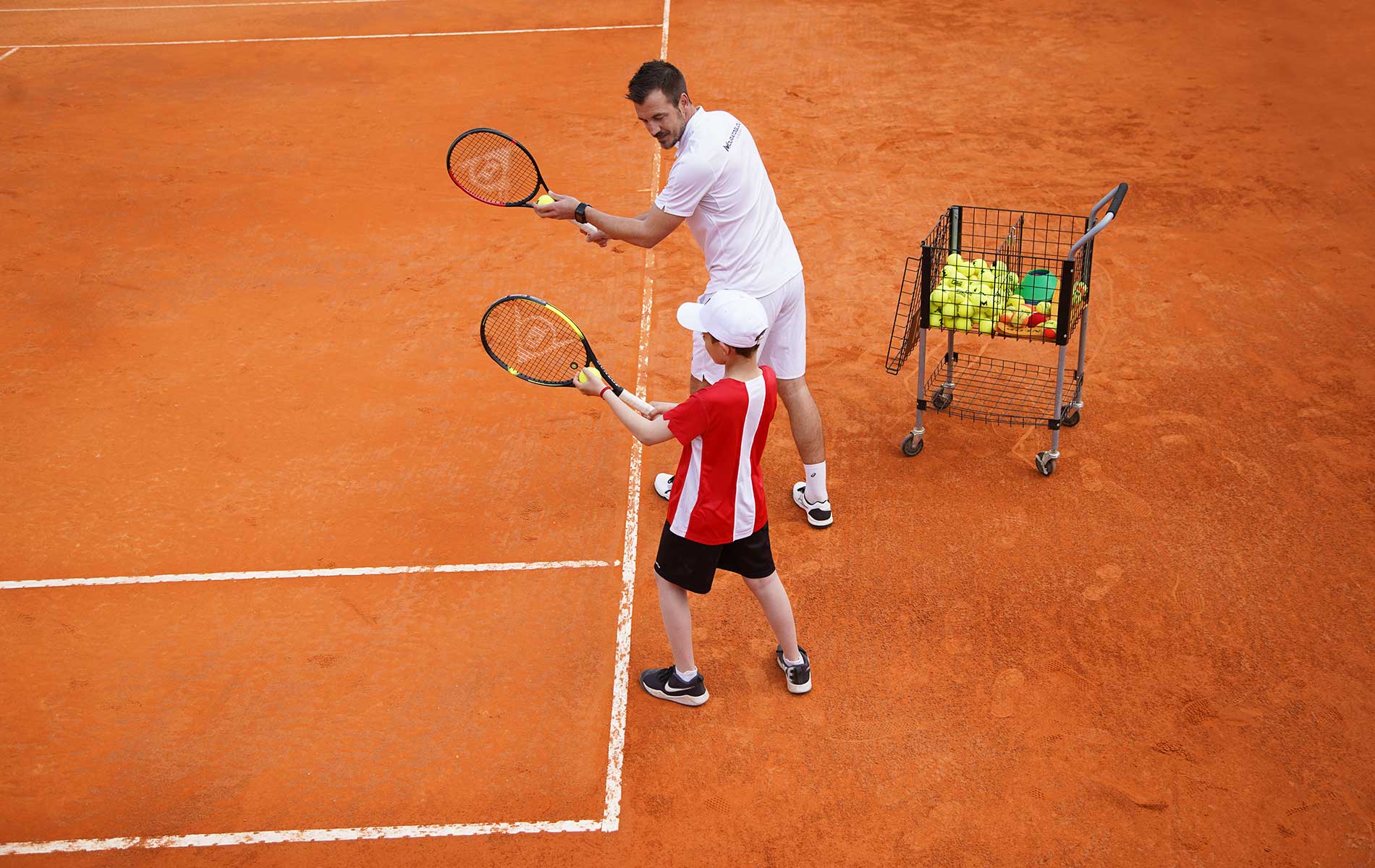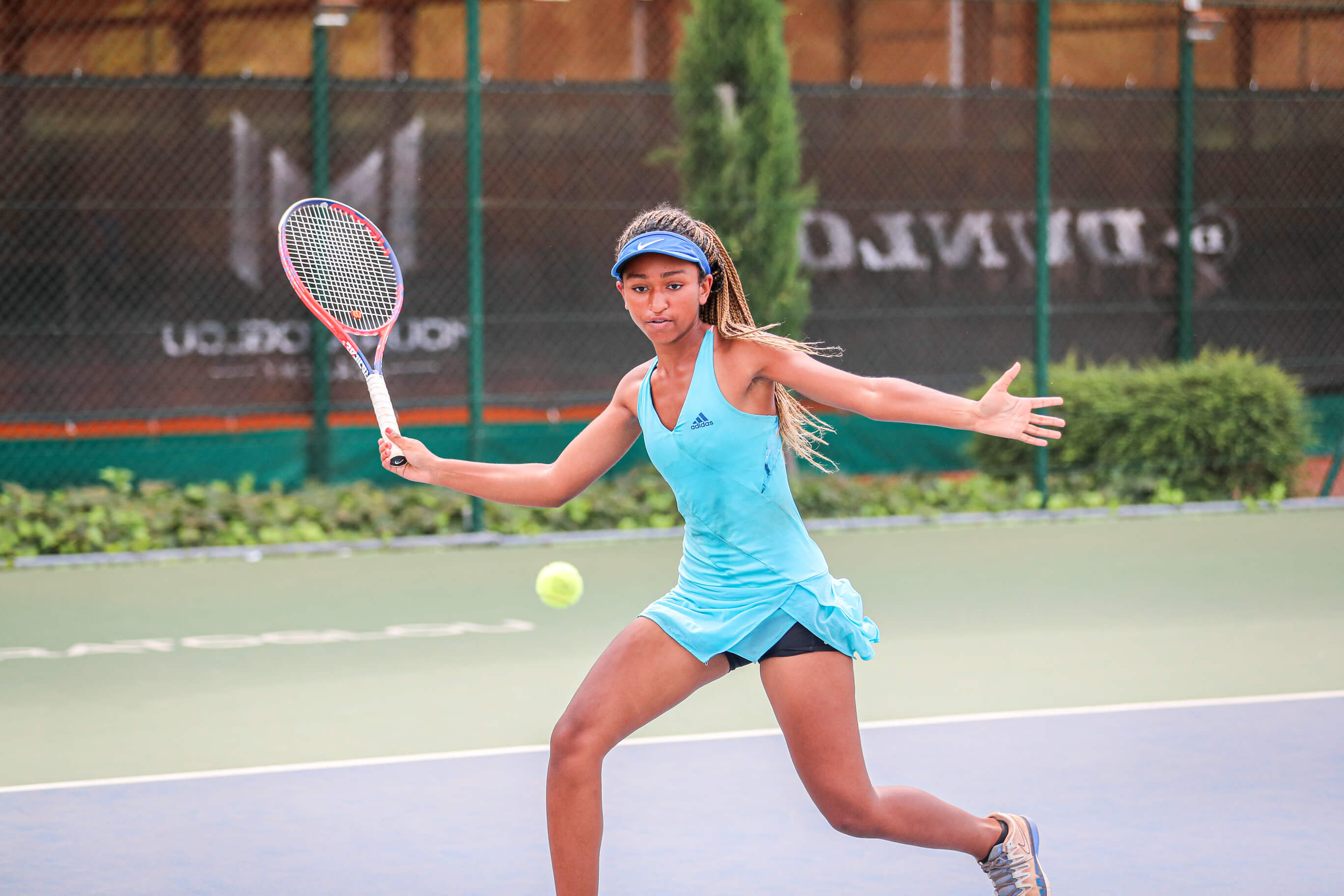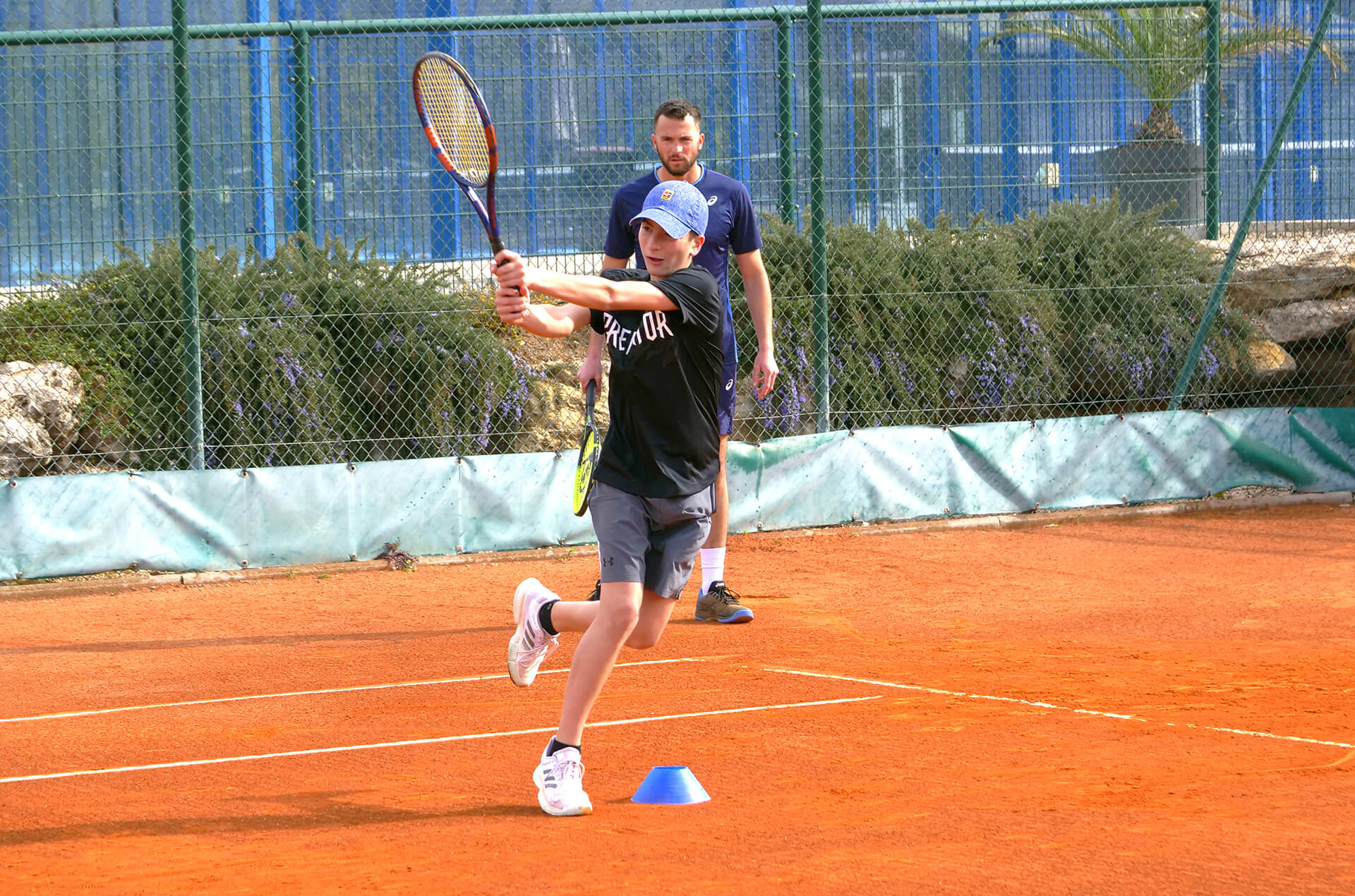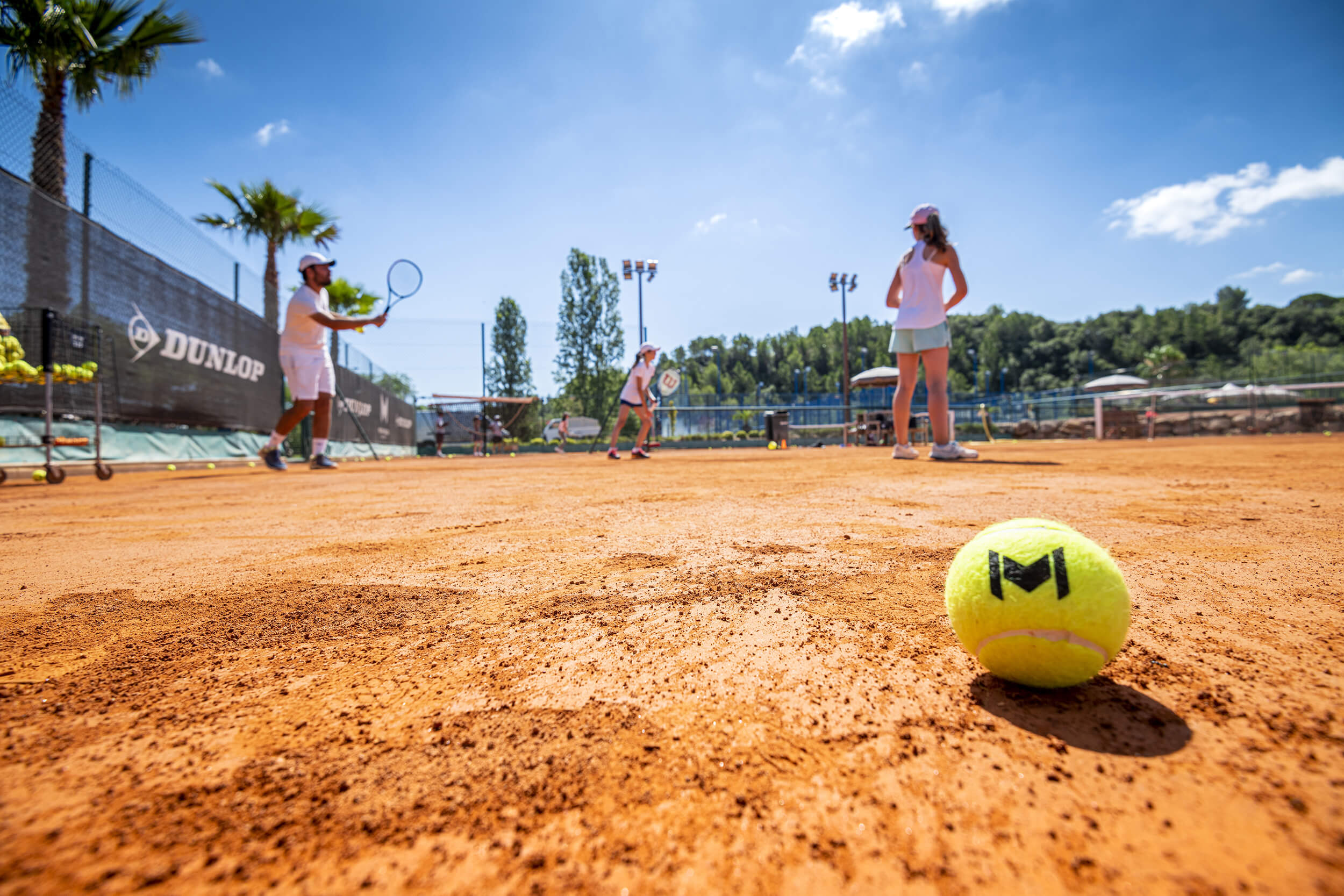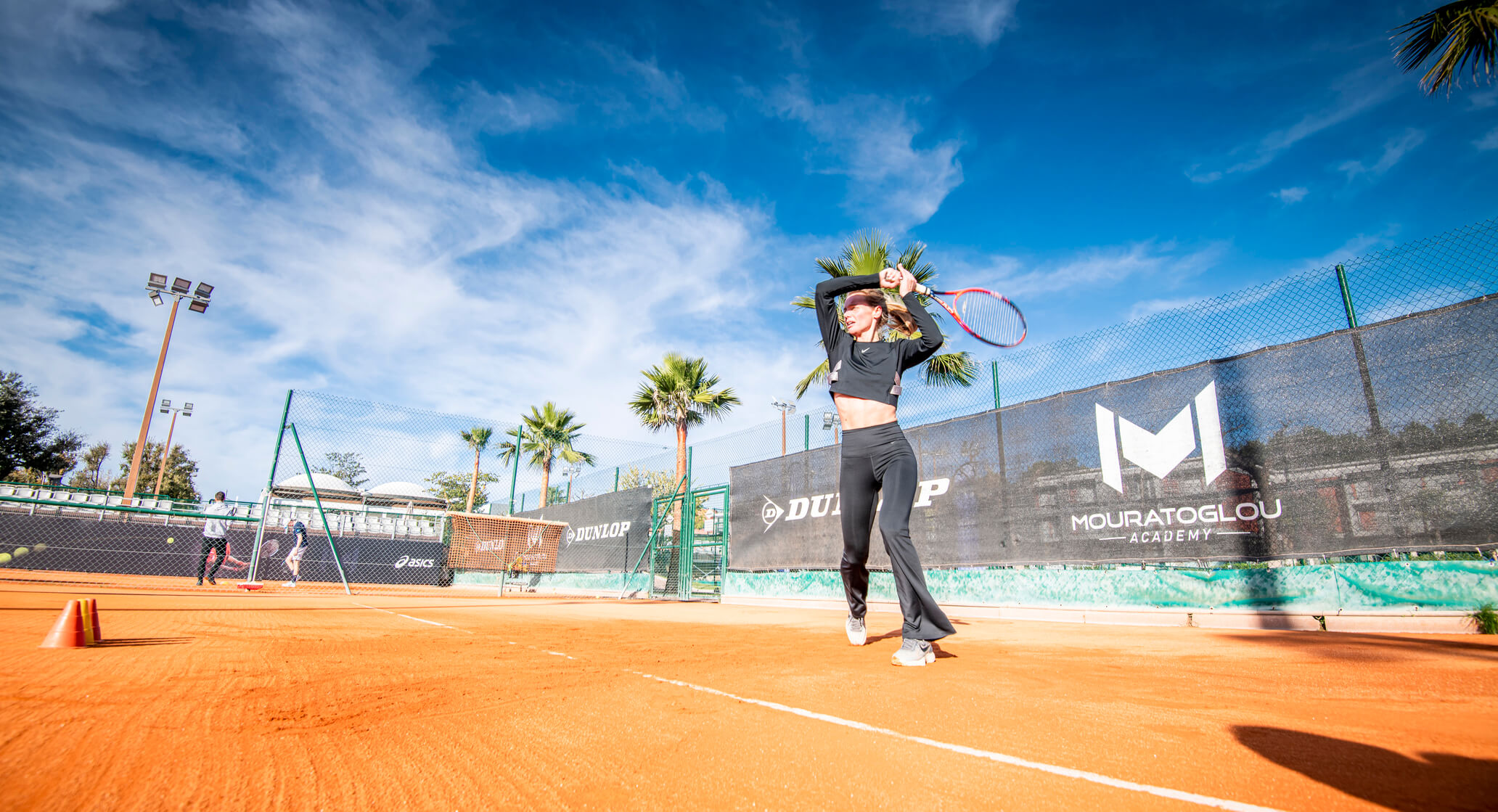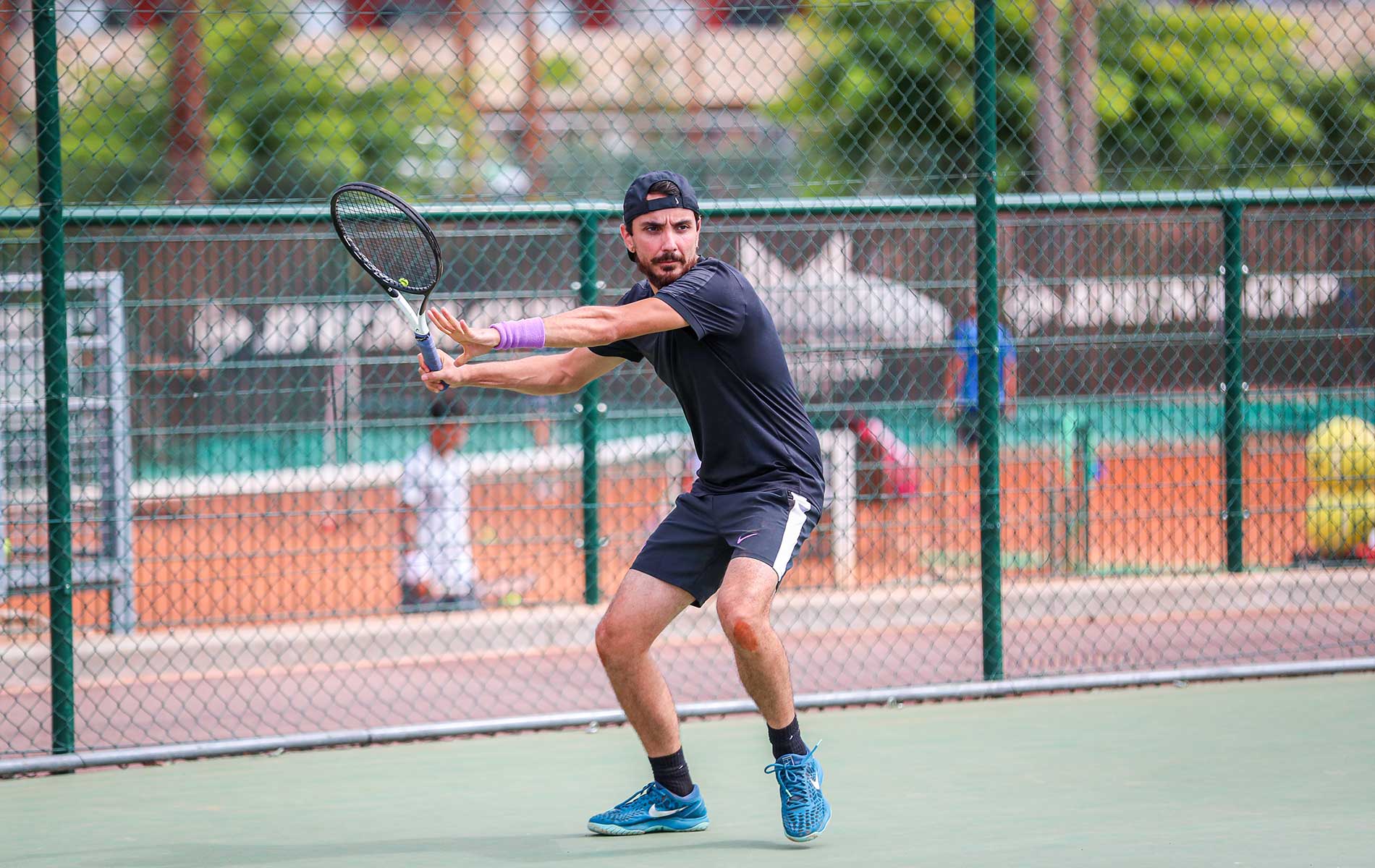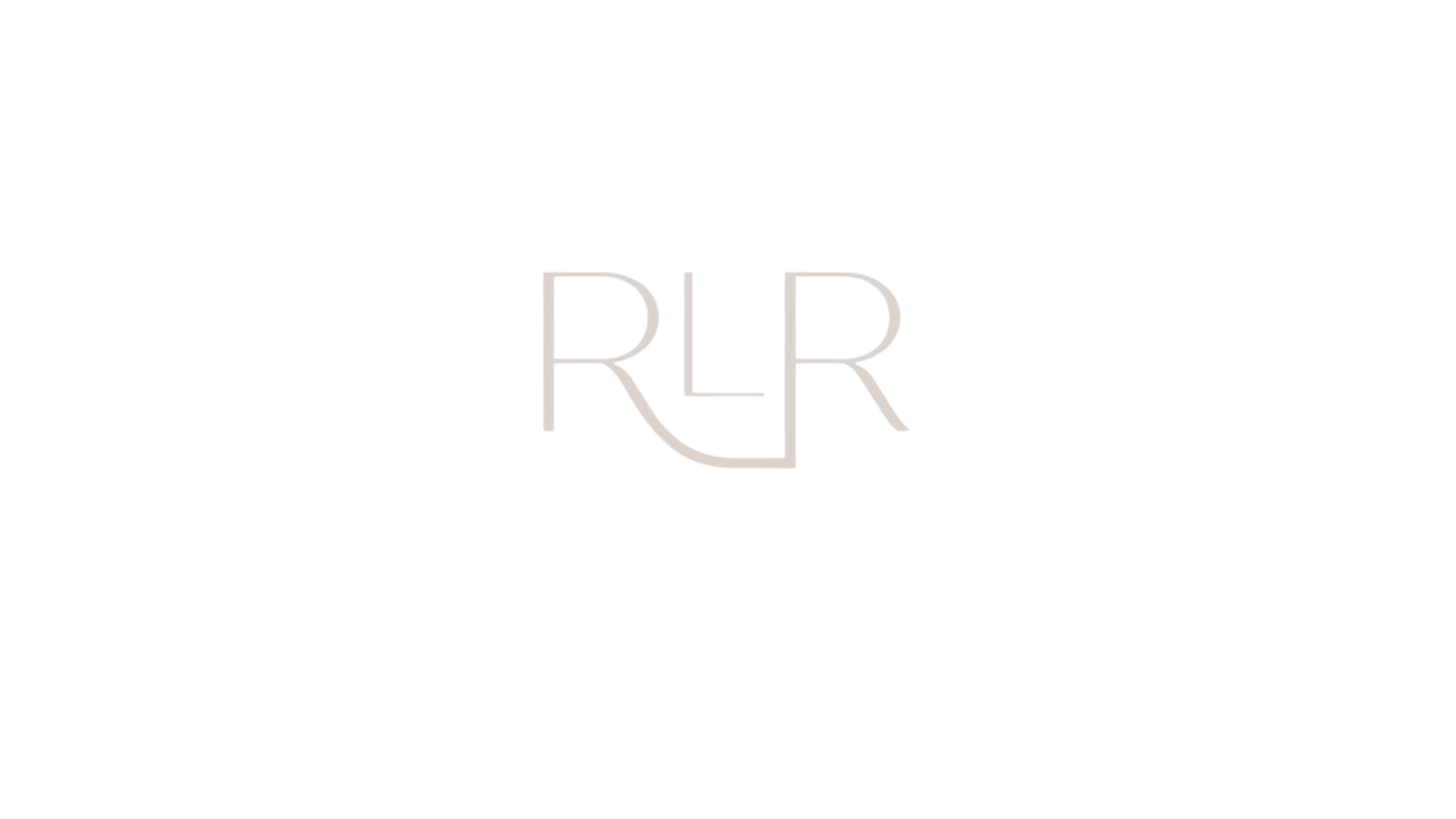Mental training in tennis
Tennis is a complex sport with four main factors: technical, physical, tactical and mental. Historically, the technical factor has been the main and most important category from the beginning and remains the most studied one. Over the last twenty years or so, the physical factor has become an important part of a tennis player’s training. Its training and coaching has greatly improved and systematized during the last years. The tactic, even if it is not the main factor, has been part of the training and of the coaches repertoire for a long time. The mind, for its part, has long been left on the side because: the mind, you either have it or you don’t have it. Wrongly confused with psychology, or even psychoanalysis, having to work on the mind was an admission of weakness. However, in recent years we have realized that mental toughness often makes a difference in a match and that it is possible to work on it in the same way as on the technical or physical aspect. In this article we will see the different components of a mental training in tennis and how it can be improved.
The mind before a match
Stress before a match
As we approach a match, we often have a surge of excitement and the build-up of a certain amount of pressure, that’s what we call the pre-match stress. This is far from being a bad thing, the mental challenge is to manage this pre-match stress in order to arrive in the best conditions and be activated from the beginning of the match. You have to avoid arriving at a match mentally exhausted from thinking too much, or overexcited and unable to focus, or too detached and unable to get into the game. It is therefore necessary to keep an appropriate level of stress and increase the pressure slightly as you get closer to the beginning of the game. If the level of pressure is too high before the start of the match, there are several methods to reduce the stress. For example, you can put your game into perspective by comparing your match to other events in your life or to what is happening in the world. Or, if the game is turning in your head, start doing something else: listen to music or watch a video.
Preparing for the match
To perform well in competition, a tennis match must be prepared beforehand: set goals. It is important to know where you stand in your own game, being aware of your strengths and weaknesses is paramount. It is also important to prepare a plan for the next match which should include game tactics and alternatives in case it doesn’t go the way you imagined it would.
Warm-up routines
To start a match in the best conditions, it is important to have routines and to put them in place before the beginning of each game. These routines should include elements of physical warm-up as well as a mental review of your game plan and of your goals. The goal is to enter the field in the best physical (warm but not tired) and mental (focused but not worn out) condition.
The mind during a match
Stress management
It has happened to all of us to have a trembling arm or a tight chest during a match. That’s stress. Even if it pushes you to do things, if it is not well managed, stress is often a big obstacle which can prevent you from playing as you would do it during your training. So to get to a level of stress compatible with your way of playing tennis, there are techniques that you can use between points. Among these we can find breathing techniques, NLP tools such as anchoring, or relaxation techniques such as sophrology.
Concentration
Concentration is a key element in tennis, it allows you to make the right tactical choices and to avoid mistakes. However our minds can start wandering off the court at any time. On the other hand, if we stay focused during every second of the match mental fatigue will settle quickly, leading to exhaustion. We must therefore concentrate when we really need to, that is to say just before the beginning of the point, during the point and until its conclusion. For this, nothing better than to keep in mind your game plan and define your intention before each point.
The nerves
Tennis is a sport that puts our nerves to the test. In addition to competing against our opponent, we are competing against our own mistakes too. That can be very frustrating, and sometimes make us think it is because of our equipment. We can pay a high price for this nervousness (and not only on rackets)! In addition to giving important information and confidence to your opponent, your nervousness will make you lose your lucidity and concentration. To overcome this, you will need to keep calm by using performance routines, sophrology or breathing techniques, for example.
The end of the match
Being afraid of winning or of not finishing the match well? Many players have found themselves in this situation! Lack of concentration, pressure, bad choices, the symptoms are multiple and the outcome is sometimes not exactly what you expected especially when we thought that the hardest part was over. So how do you deal with this kind of situation? By staying focused on the present, and by playing point after point without deviating from the game plan that has worked so far. In this case, performance routines can be of great help.
The zone
How can we talk about mental training and not talk about “the zone”? The zone is that state in which you feel like on a cloud, where you succeed in everything you do, you feel invincible. Almost everyone has felt this way at least once, but it is not easy to get into that state again. In order to reach this optimal state of performance more easily, you have to try to put together as many criteria as possible: calmness, confidence, concentration, relaxation and others that are specific to each person.
The mind after a game
Analyze your match
After the handshake, it’s not all over yet. In fact, if you want to progress, you have to learn from what has just happened. You have to analyse your match and be able to tell yourself what worked and what didn’t. That will help you recognize what are the strengths that you can continue relying on and what are the weaknesses that you have to work on. It will also allow you to improve your tactics.
Setting goals
After analysing the match you should start planning what’s next. This is the time to look to the future, and thanks to the elements that you have in hand (previous matches and training sessions) you will be able to set new goals and improve those that you already master. You should set a timeframe for these goals (short, medium and long term), one that is achievable but challenging and measurable.
Training the mind
In the training
You can train your mind in the court, during your training. In fact, it is the perfect time to experiment with your routines and practice them so that they become effective in the match. We can also recreate potentially stressful situations (second serve ball on break point for example) in order to confront them and thus approach them more serenely in a match. During your training is the best time to test all the tools and techniques that you want to use in a match.
Outside the court
Training the mind doesn’t stop once you get off the court. As we have seen before, there is the analysis of the match and goal setting. It is also possible to work on your performance routines, to do visualization, relaxation or sophrology exercises, to learn NLP tools such as anchoring correctly. It can be good to keep a training notebook to follow your progress and monitor the achievement of your goals (very good for confidence and motivation), write down your game plans and techniques to be more efficient.
The mental trainer
Our knowledge and expertise in the mental training field is not always enough to train it effectively. There are therefore mental coaches who have been trained properly and who are experienced in a specific field (NLP, sophrology, mental imagery…). They will be able to help us create the techniques that we need. So that later on, we can be autonomous and equipped to face the sacred challenge of a tennis match.
In conclusion, we have seen the mind is an important aspect of tennis. It takes part before, during and after a match. you can train it yourself or with the help of a mental coach (or by your coach if he has the knowledge to help you with your mental training), on or off the court. There are many techniques to improve it. Among the most common ones, we have the Neuro Linguistic Programming (NLP), sophrology, performance routines and mental imagery. We are all different and it is up to each one of us to experiment with these different techniques to find the one or ones that suit us and work best for us.





